
Dr. Claudio Cañizares
Electrical and Computer Engineering (E&CE) Department of the University of Waterloo
Dr. Claudio Cañizares is a University Professor and the Hydro One Endowed Chair at the Electrical and Computer Engineering (E&CE) Department of the University of Waterloo, where he has held various academic and administrative positions since 1993. He received the Electrical Engineer degree from the Escuela Politécnica Nacional (EPN) in Quito-Ecuador in 1984, where he held different academic and administrative positions between 1983 and 1993, and his MSc (1988) and PhD (1991) degrees in Electrical Engineering are from the University of Wisconsin-Madison. His research activities focus on the study of stability, control, optimization, modeling, simulation, and computational issues in bulk power systems, microgrids, and energy systems in the context of competitive energy markets and smart grids. In these areas, he has led or been an integral part of many grants and contracts from government agencies and private companies worth millions of dollars, and has collaborated with multiple industry and university researchers in Canada and abroad, supervising/co-supervising dozens of research fellows and graduate students. He has authored/co-authored a numerous publications with large citation indices, including journal and conference papers, technical reports, book chapters, disclosures and patents, and has been invited to deliver keynote speeches, seminars, tutorials, and presentations at many institutions and conferences worldwide. He is the Editor-In-Chief of the IEEE Transactions on Smart Grid, the 2021-2022 IEEE Division VII Delegate-Elect to the IEEE Board of Directors, and a Fellow of the Institute of Electrical & Electronic Engineering (IEEE), a Fellow of the Royal Society of Canada, where he is currently the Director of the Applied Science and Engineering Division of the Academy of Science, and a Fellow of the Canadian Academy of Engineering. He is also the recipient of the 2017 IEEE Power & Energy Society (PES) Outstanding Power Engineering Educator Award, the 2016 IEEE Canada Electric Power Medal, and of multiple IEEE PES Technical Council and Committee awards and recognitions, holding leadership positions in several IEEE-PES Committees, Working Groups, and Task Forces.
Title: “Energy Storage Overview and Research”
Abstract
As the penetration of variable renewable generation increases in power systems, issues such as grid stiffness, larger frequency deviations, and grid stability are becoming more relevant. In this context, Energy Storage Systems (ESSs) are proving to be effective in facilitating the integration of renewable resources, and thus are being widely deployed in both microgrids and large power grids. This talk will review several energy storage technologies, particularly Compress Air Energy Storage (CAES), flywheels, batteries, and thermal energy systems, and their modeling and applications in power systems. An overview will be provided of the work being carried out by Prof. Canizares’ group at the University of Waterloo on all these energy storage systems, focusing on novel models and applications in microgrids and distribution and transmission grids for system stability and control, in particular for frequency regulation.

Prof. Volker Pickert
Supporting Authors: Mr. Binh Vu, Mr. Sale Ali, Mr. Mohammed Alharbi, Dr Mohamed Dahidah
Prof Pickert studied Electrical and Electronic Engineering at the University of Science and Technology (RWTH) Aachen, Germany and the University of Cambridge, UK. During his study in Aachen he worked for three years as a student assistant at the Institute of Automotive Systems (IKA), working in the field of hybrid electric vehicles. After the completion of his studies Prof Pickert received a three-year PhD scholarship from the Newcastle University Research Committee for research in the field of power electronics. Following his PhD, he spent six years in industry before returning to academia. From 1998 to 1999 he worked as an application engineer and later as product manager for Semikron GmbH, Germany. From 1999 to 2003 he worked in the research and development department within the Volkswagen AG, Wolfsburg, Germany. As group leader for electric power drive trains for electric vehicles he was responsible for power electronics systems, electric drives and vehicle electrical systems for electric and fuel cell vehicles. In October 2003 Prof Pickert was appointed as Senior Lecturer at Newcastle University and he became Professor of Power Electronics in 2011. In 2012 Prof Pickert became the Head of the Electrical Power Group. Within eight years he managed to grow the size of the group to above 100 researchers, doubled the number of awarded projects, doubled the number of articles and quadrupled research income. In 2020 Prof Pickert became the Director of Discipline for Electrical and Electronic Engineering (EEE) coordinating all research and teaching activities relevant to EEE. In 2020 Prof Pickert also became the Director of the EPSRC Doctoral Training Centre in Sustainable Electric Propulsion which will train over 50 PhD student over the next 5 years. Prof Pickert has published over 180 book chapters, journal articles, and conference papers in the area of power electronics and electric drives. His current research interests include power electronics for transport applications, thermal management, health monitoring techniques, and battery chargers. Prof. Pickert received the IMarEST Denny Medal for the best article in the Journal of Marine Engineering in 2011 and in 2018 he received the Best Paper Award at IEEE International Conference on Computing Electronics & Communications Engineering (iCCECE), Essex, UK. He is regularly invited as keynote speaker and advises various governments on energy and transport related issues. Prof Pickert is the active Editor-in-Chief of the IET Power Electronics journal and is a member of IEEE and IET.
Title: “Static and dynamic electric vehicles charging – A quick journey through charging technologies”
Abstract
Electric vehicles (EVs) offer greener transport and will reduce global warming. As EVs carry traction batteries a charging infrastructure must be in place to charge these batteries. Many competing charging technologies have been proposed making it difficult to identify cost-effective solutions. This presentation will provide an overview of EV charging technologies that may help as an initial guide. The presentation has three parts. The first part is an overview of common static charging techniques and will discuss advantages and disadvantages of conductive and wireless charging. This part will include slow chargers, fast chargers, automated chargers, single-port chargers and multi-port chargers. The second part of the presentation will provide an overview of dynamic road charging. Again, pros and cons of different charging techniques will be discussed. Finally, the third part of the presentation will address charging techniques that are less traditional but could play a solution for future EV charging.
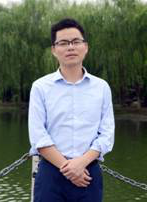
Prof. Dr.Jianqi Li
Hunan university of Arts and Science
Li Jianqi, Ph.D., Professor, Vice Chairman of the Hunan Instrument and Control Society, he mainly engaged in the teaching and research of computer control and detection technology.He is amaster student tutor at Hunan University and Xiangtan University, expert from Changde City Major Administrative Decision-making Advisory Committee.
The students were instructed to receive more than 10 provincial competition awards. His student published more than 10 papers and won the third prize of provincial teaching achievements. He has presided one National Natural Science Foundation project and two provincial self-finance fund projects,he published more than 30 academic papers, including 12 articles in SCI/EI , 2 invention patents, 8 utility model patents, and 10 software copyrights.
He served as a special commissioner of Changde City Science and Technology, developed more than 10 horizontal projects for enterprises, and achieved good economic and social benefits. the high-precision steel strip parameter measurement system is the innovation project in China , and the research results was reported by Hunan Province Media on Special Public Channels.
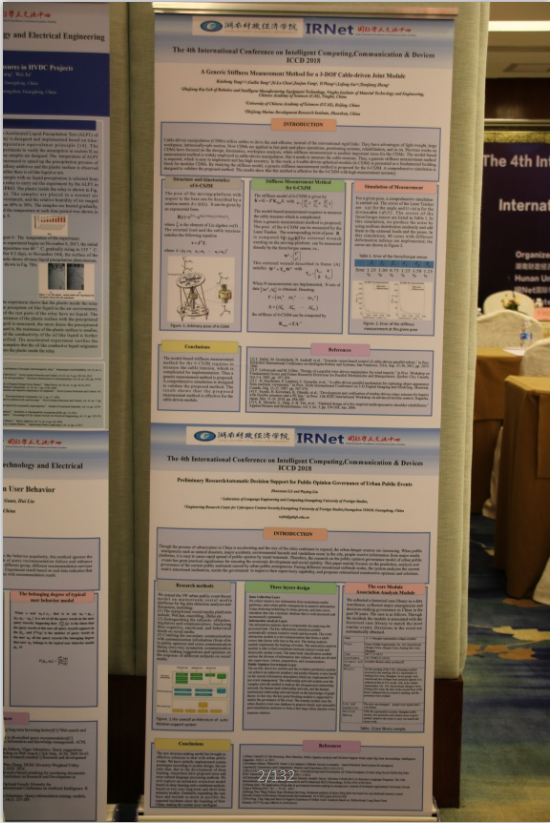
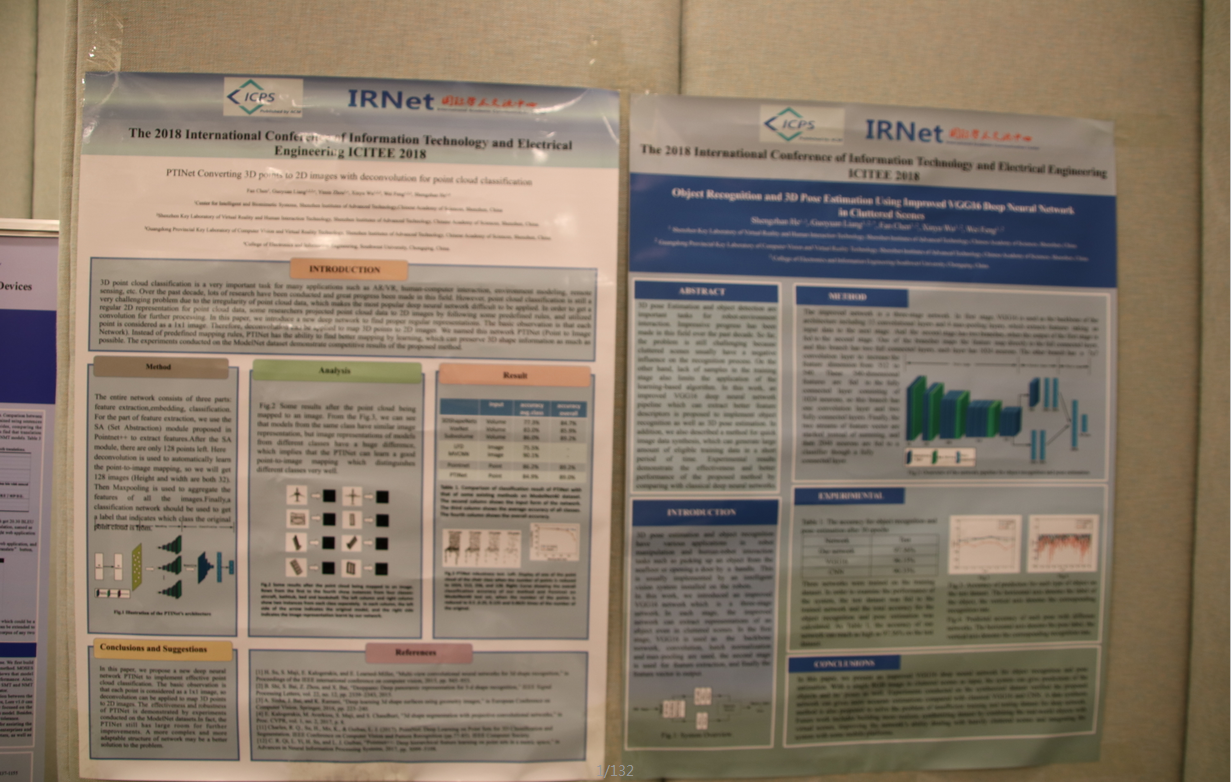
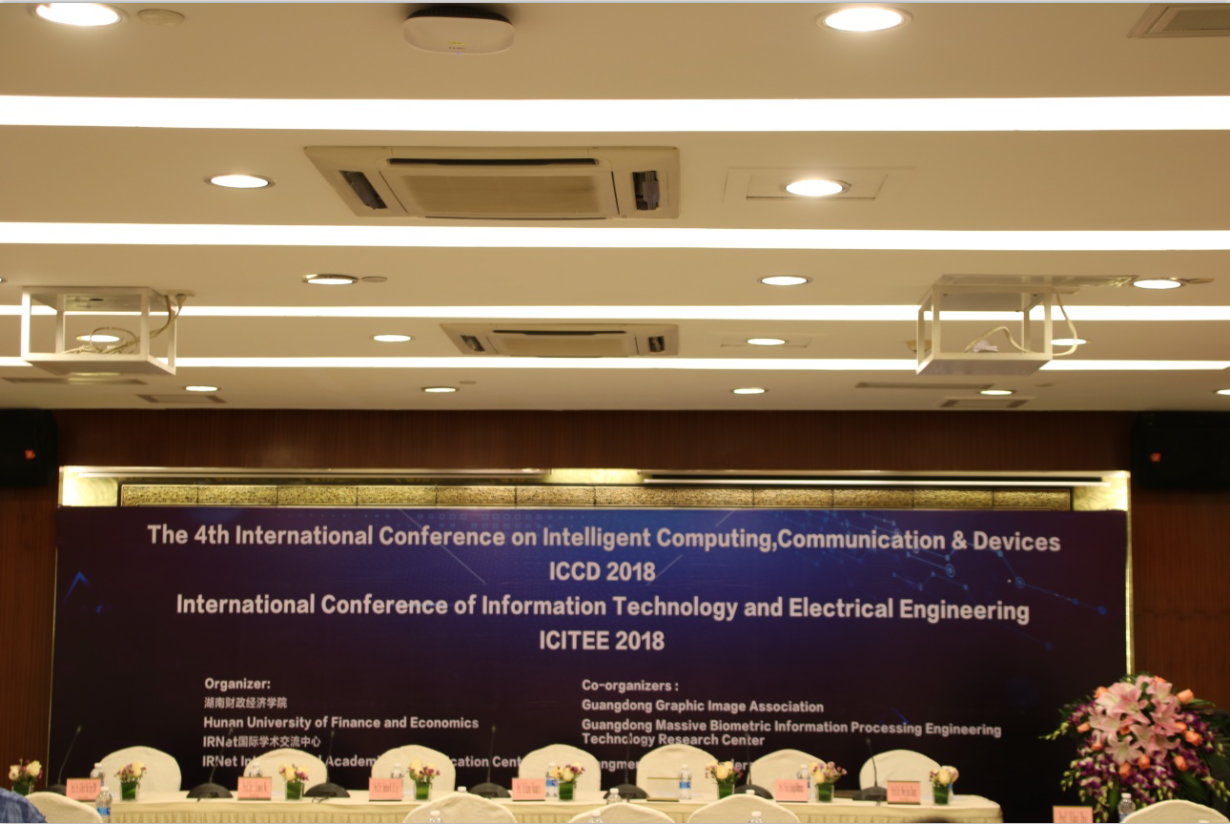
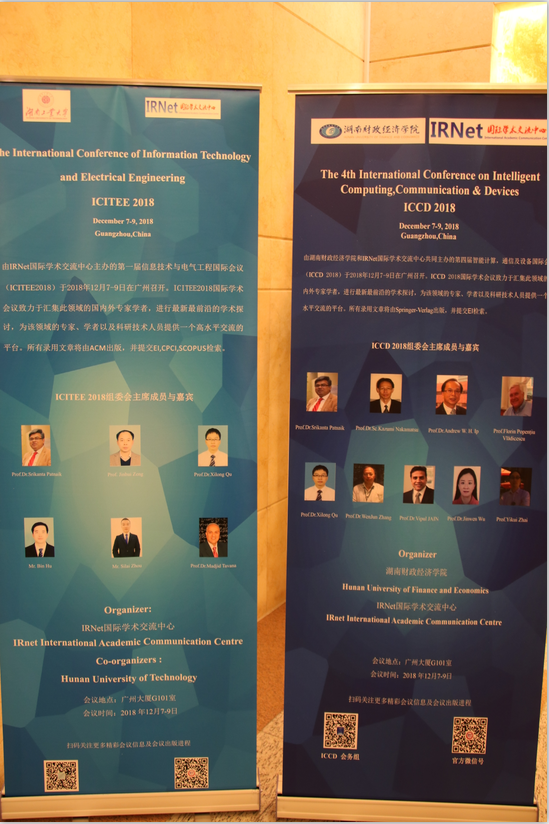
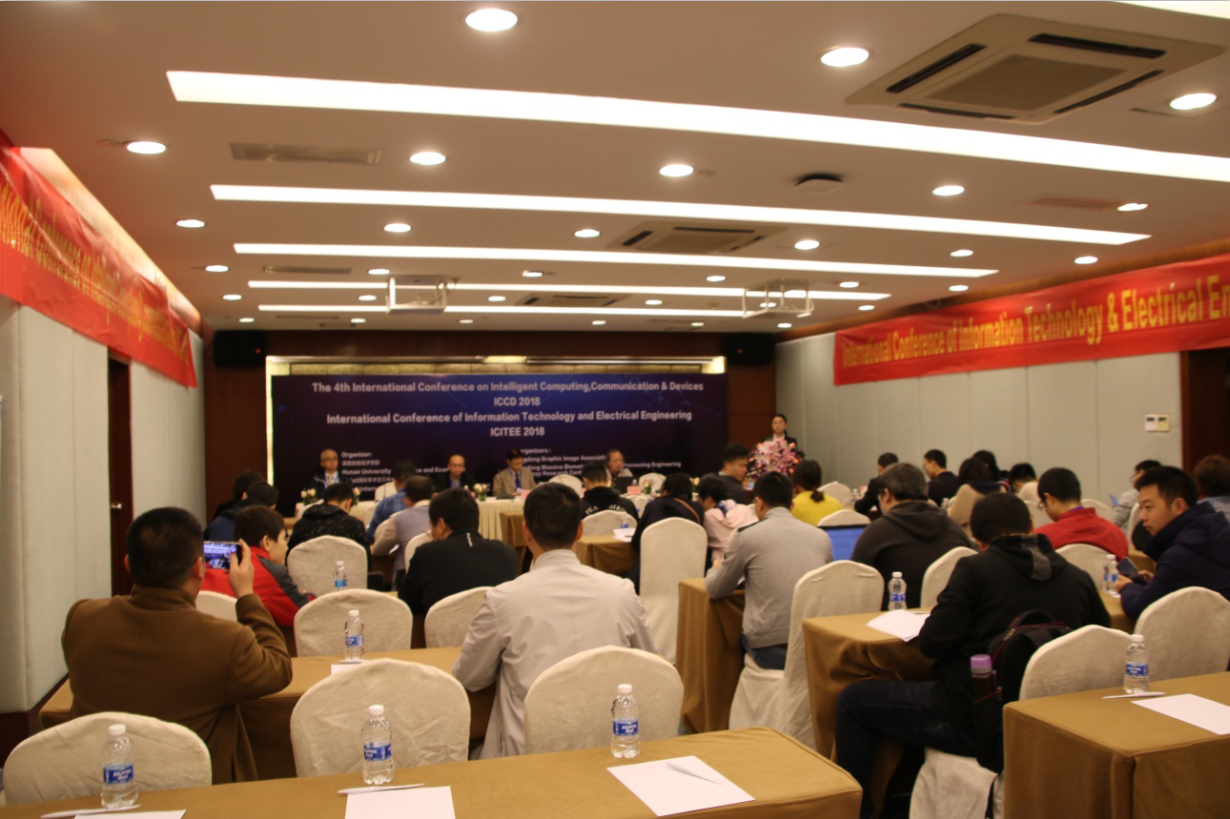
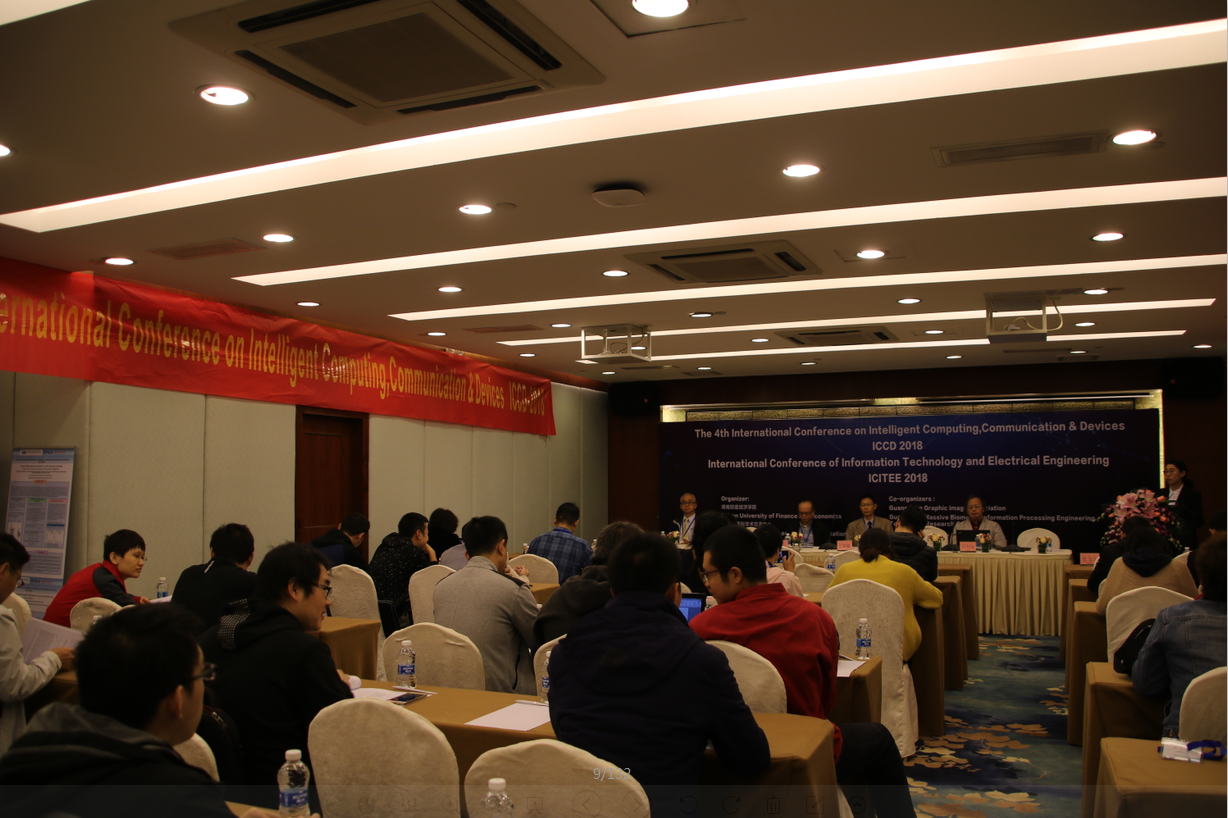
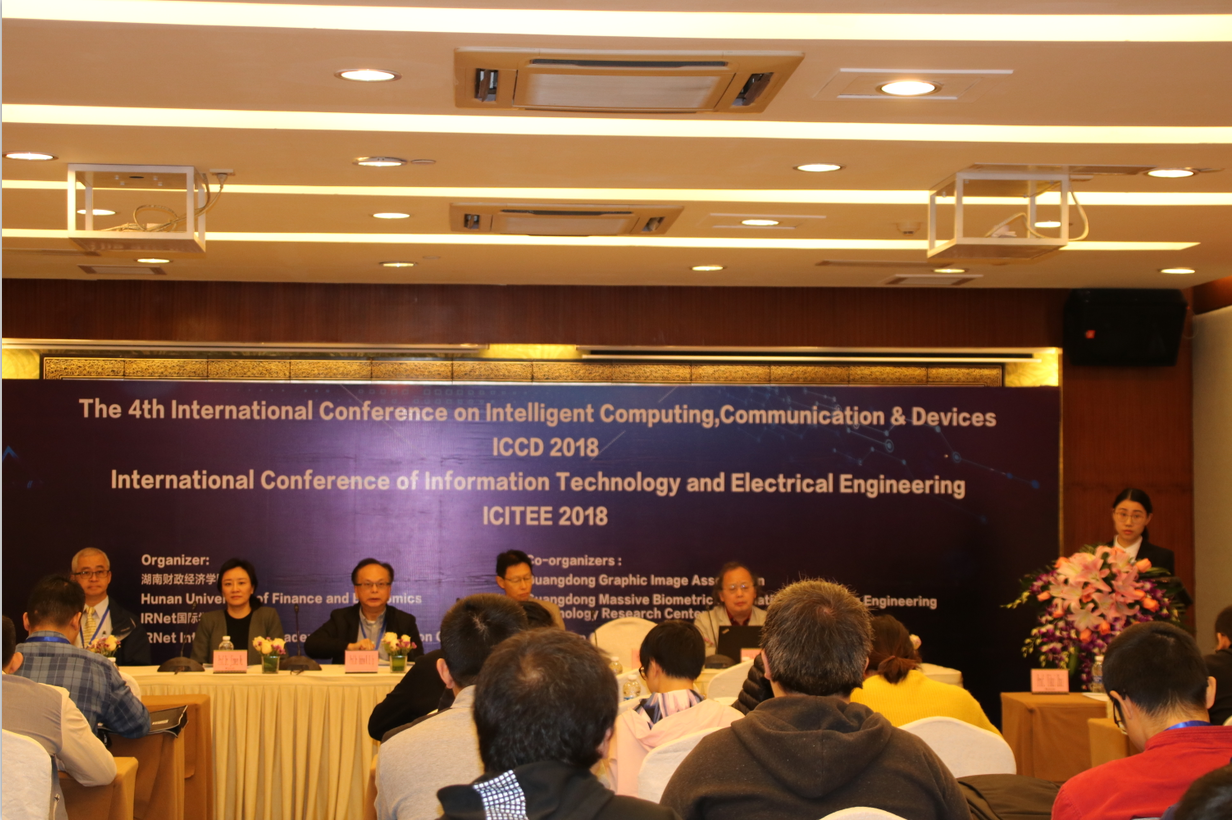
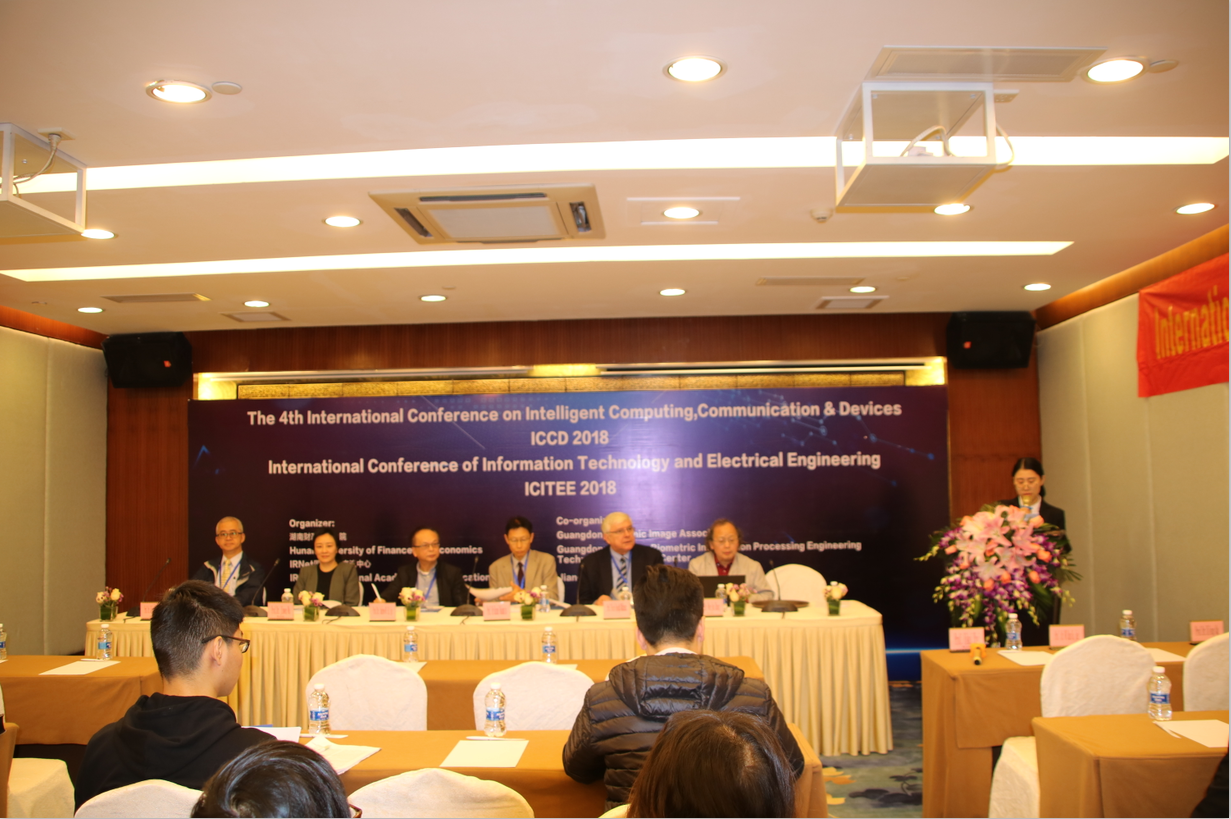
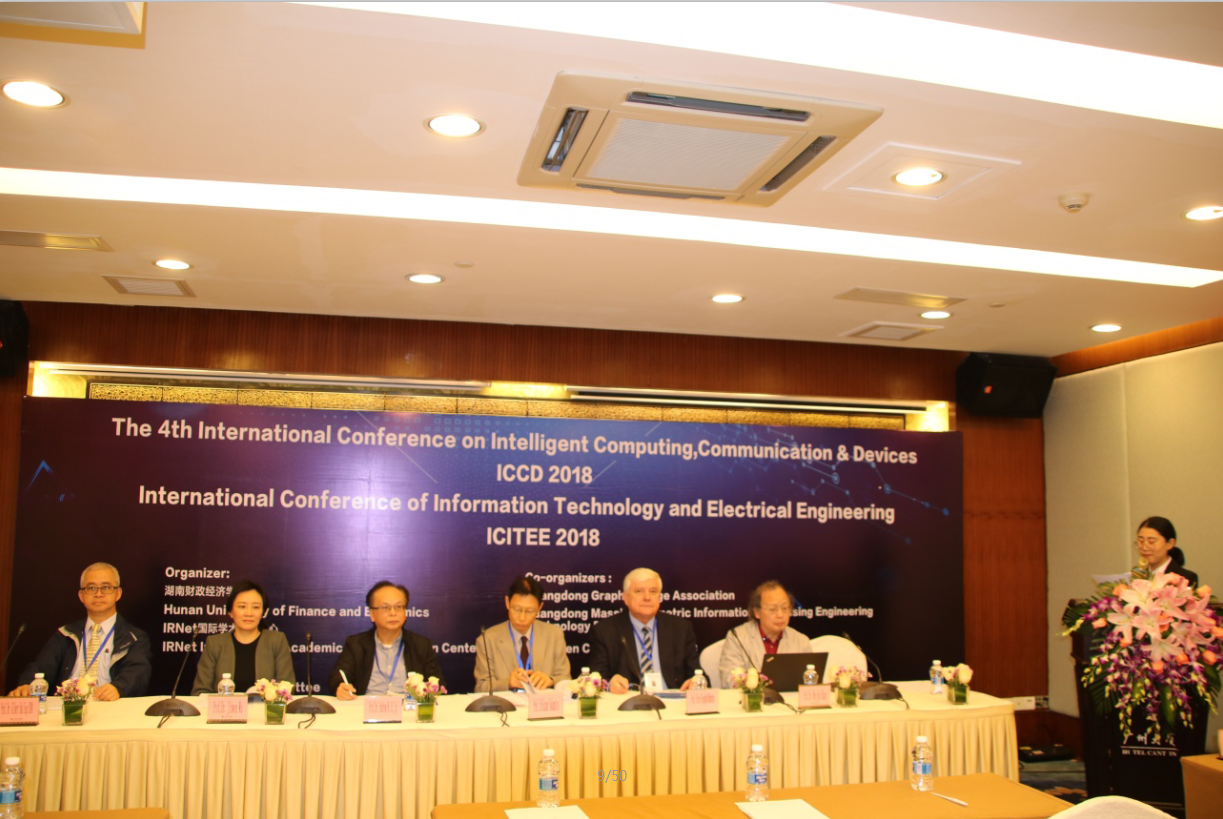
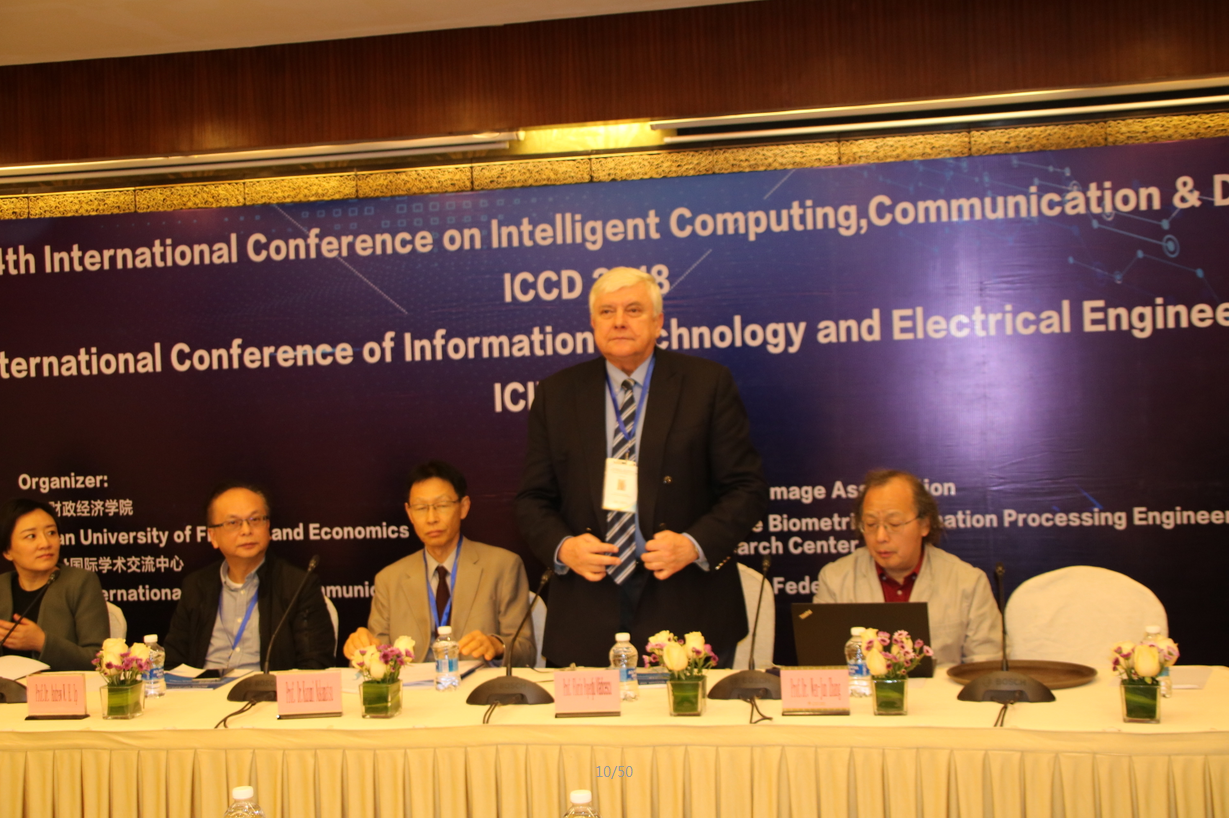
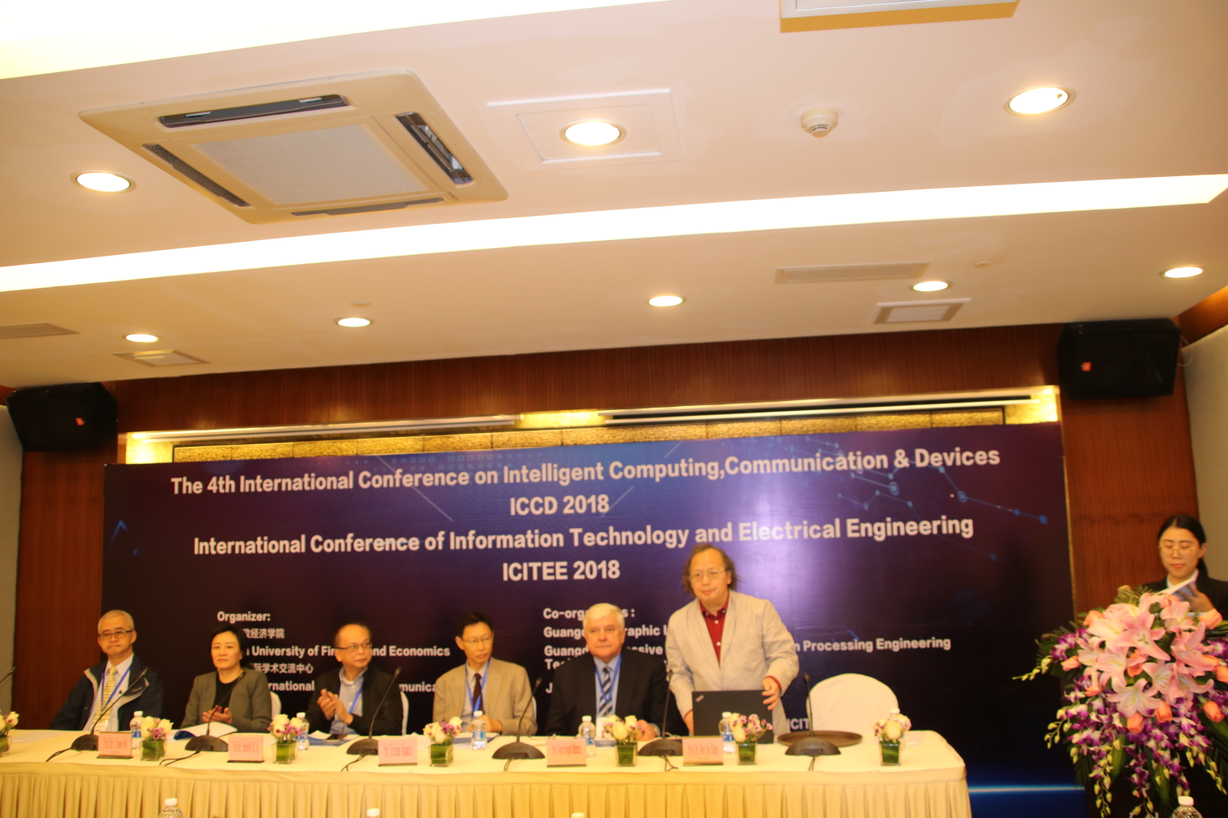
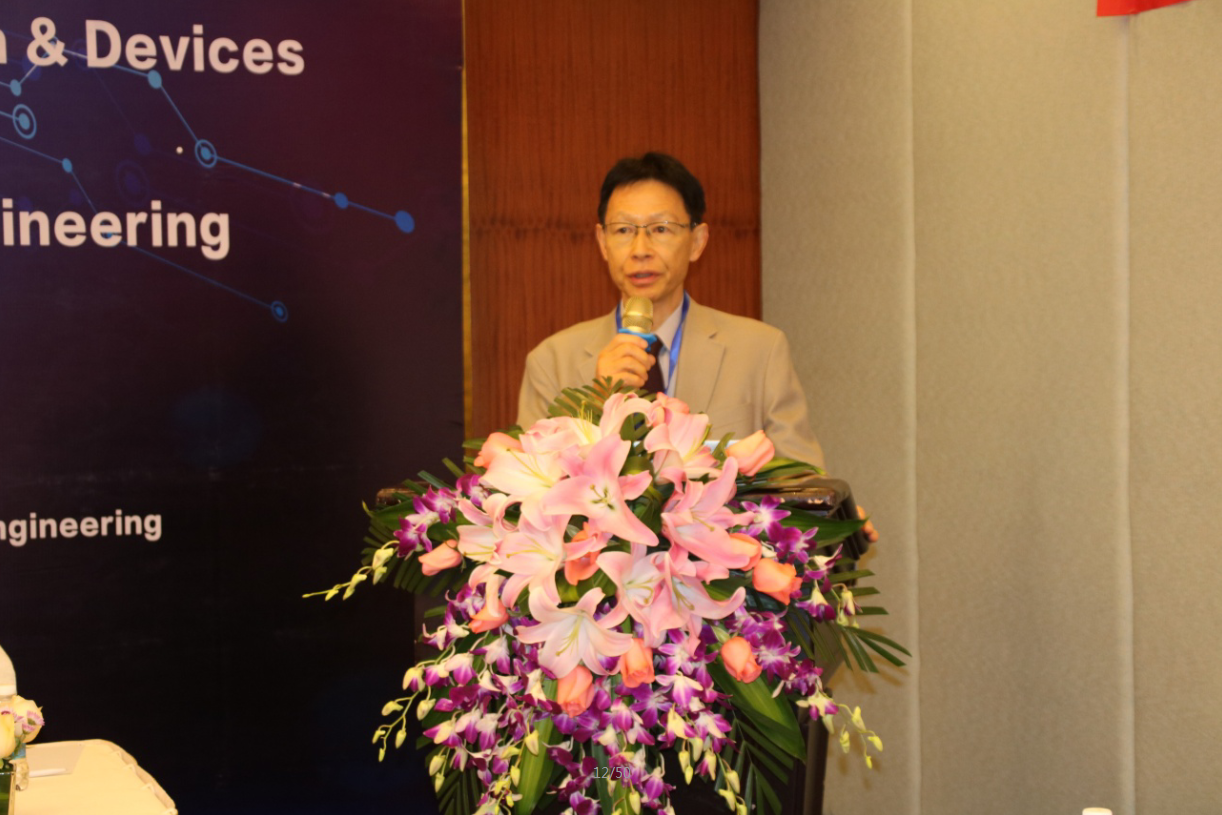
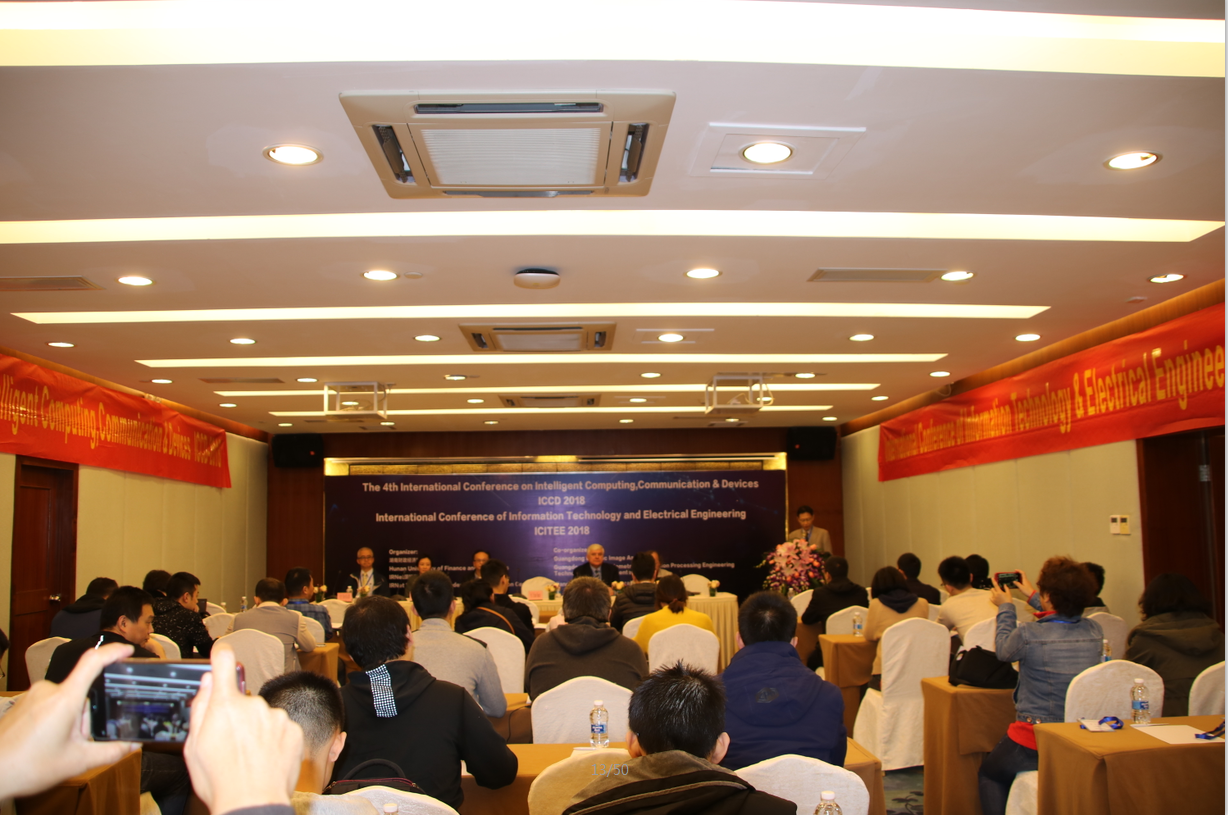
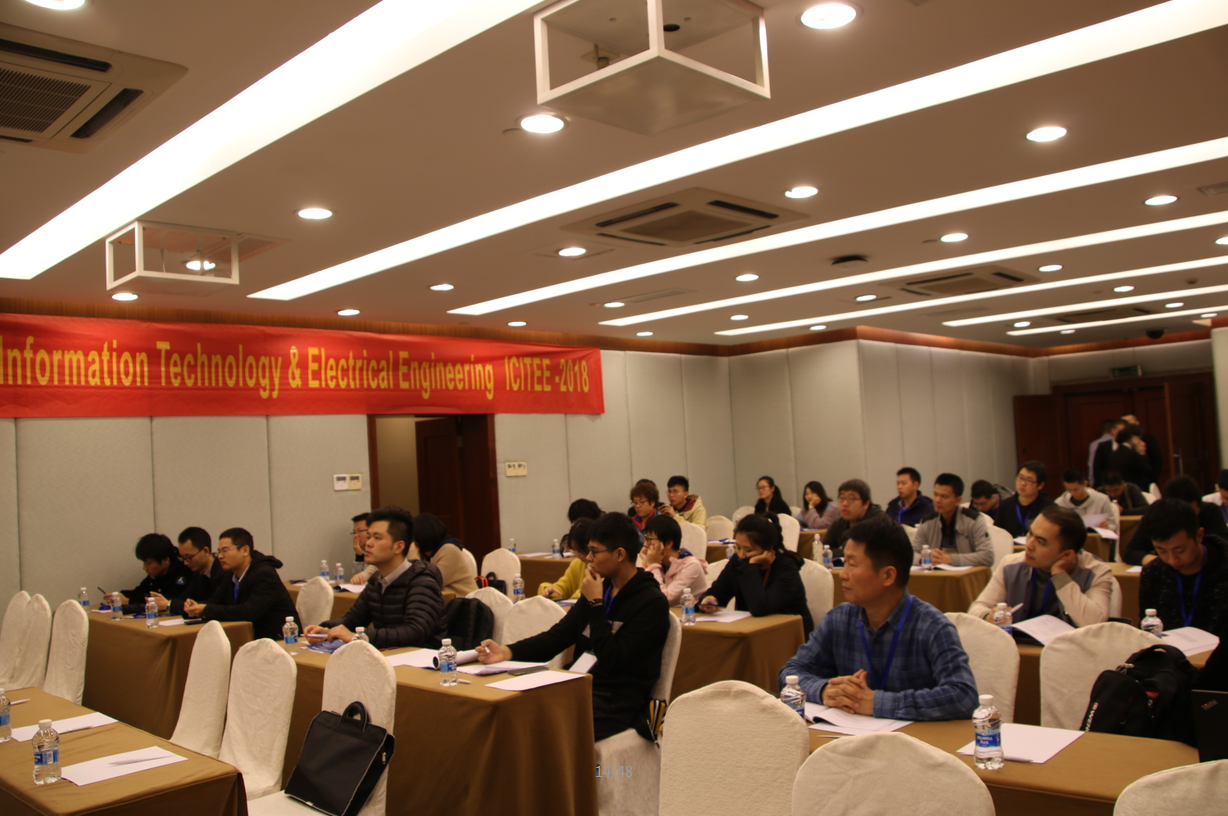
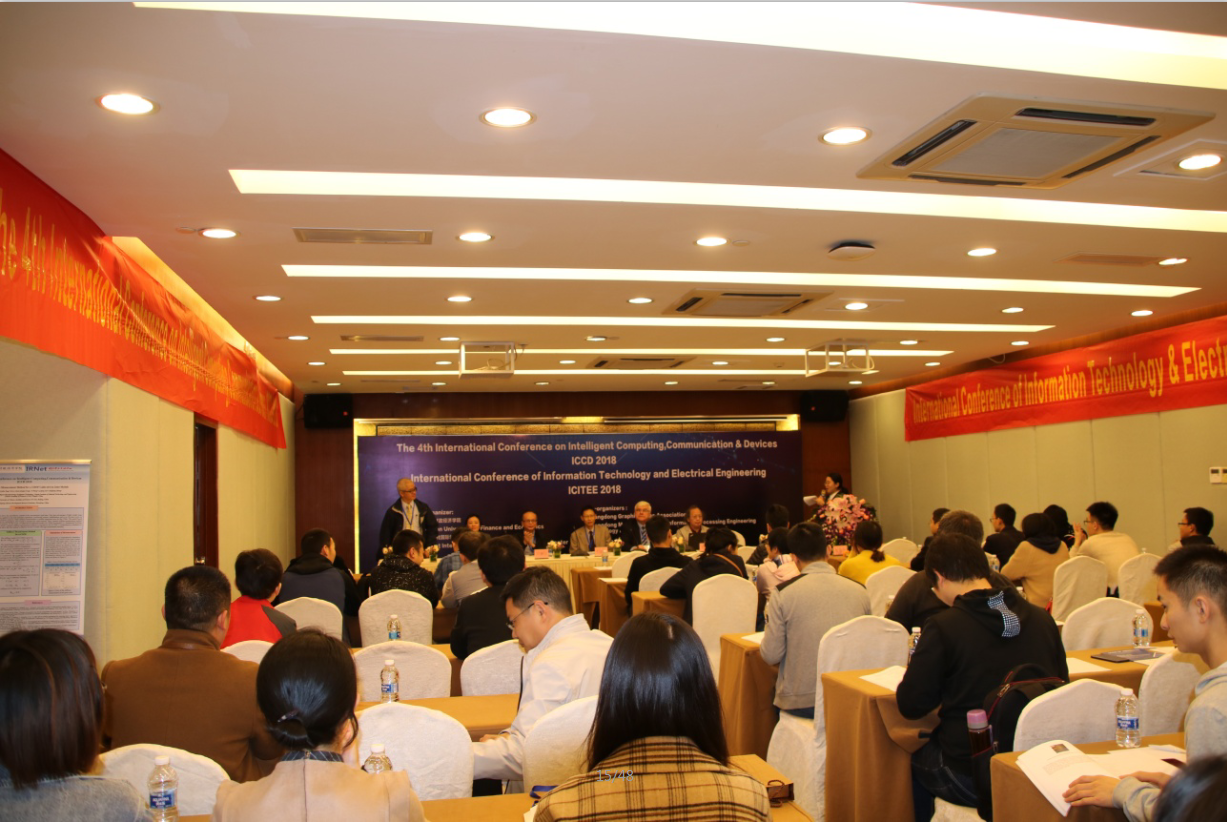
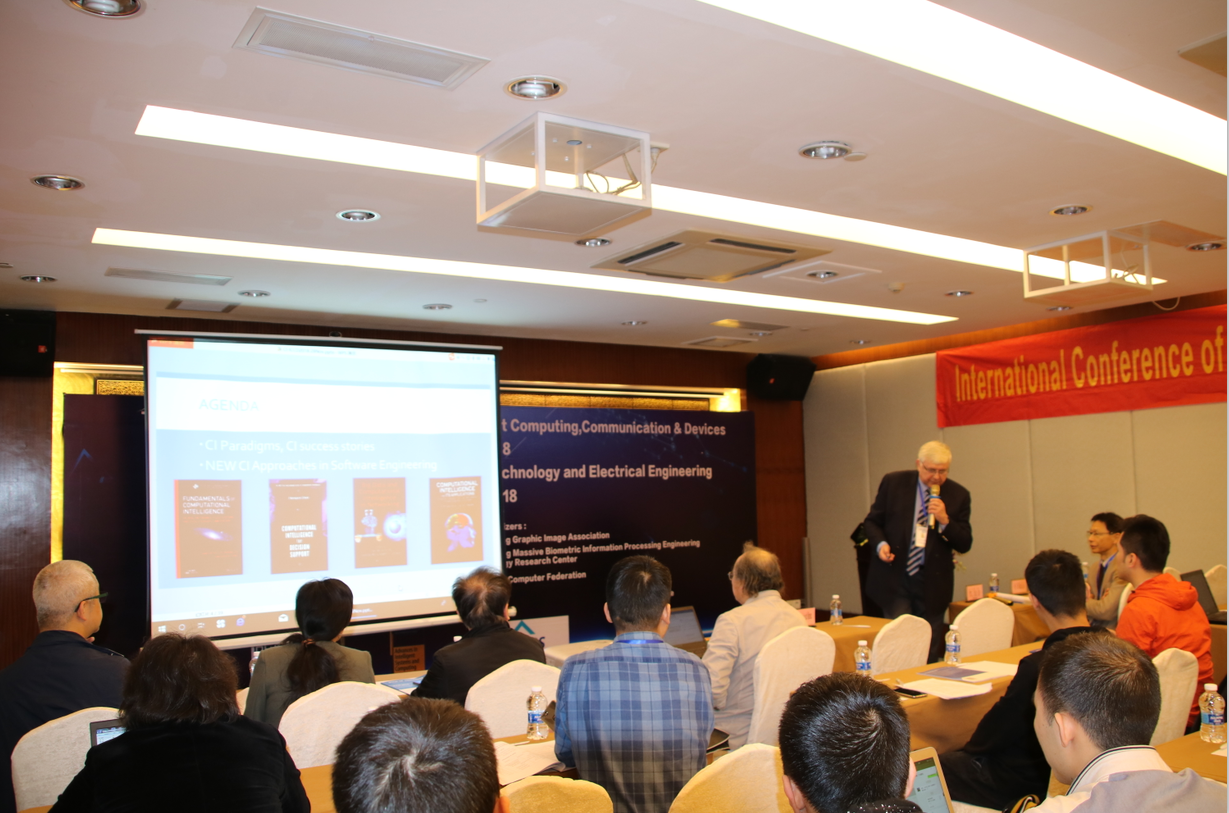
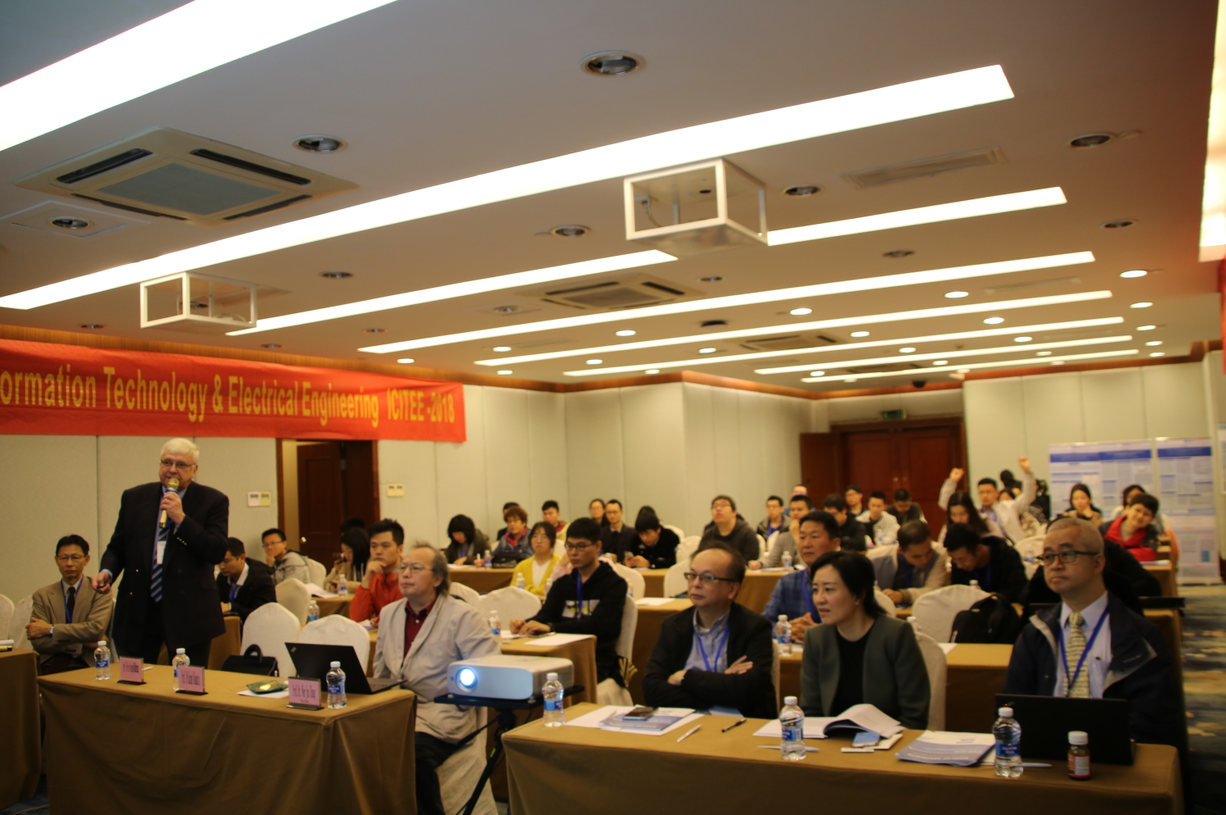
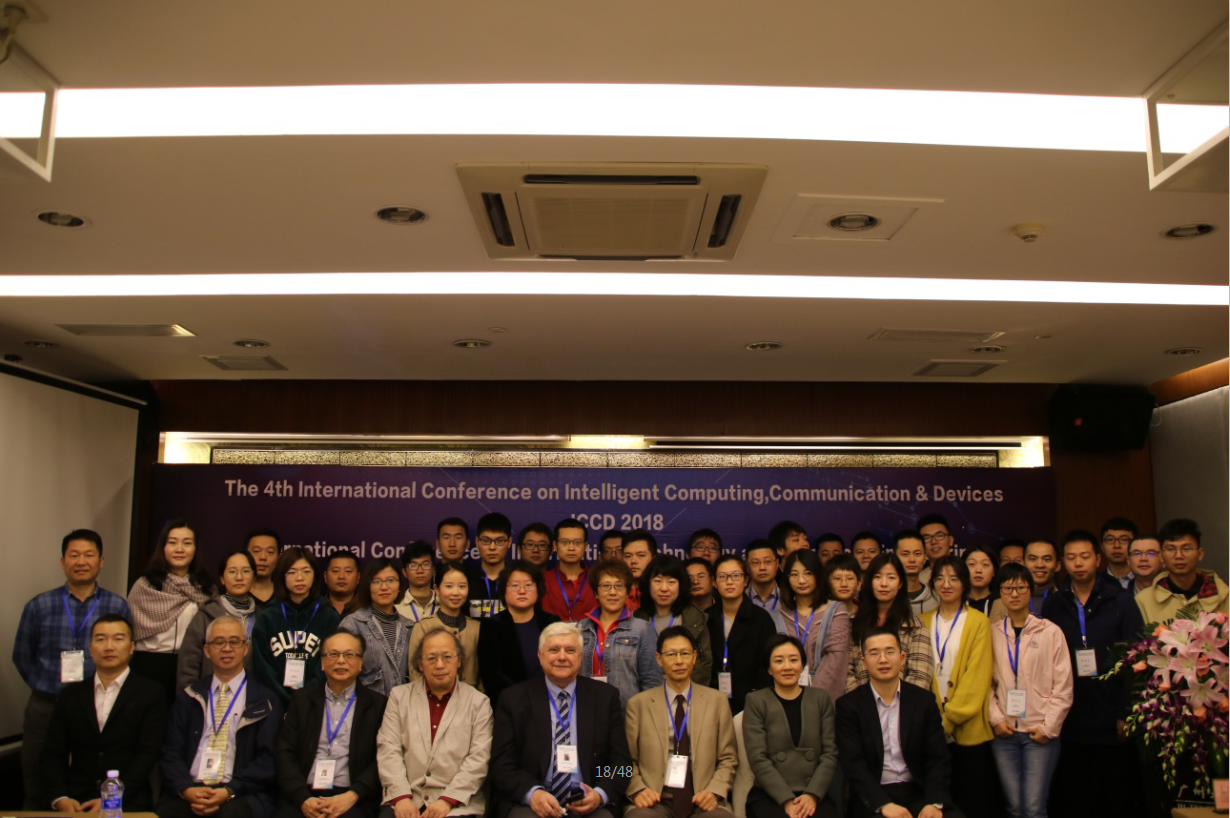
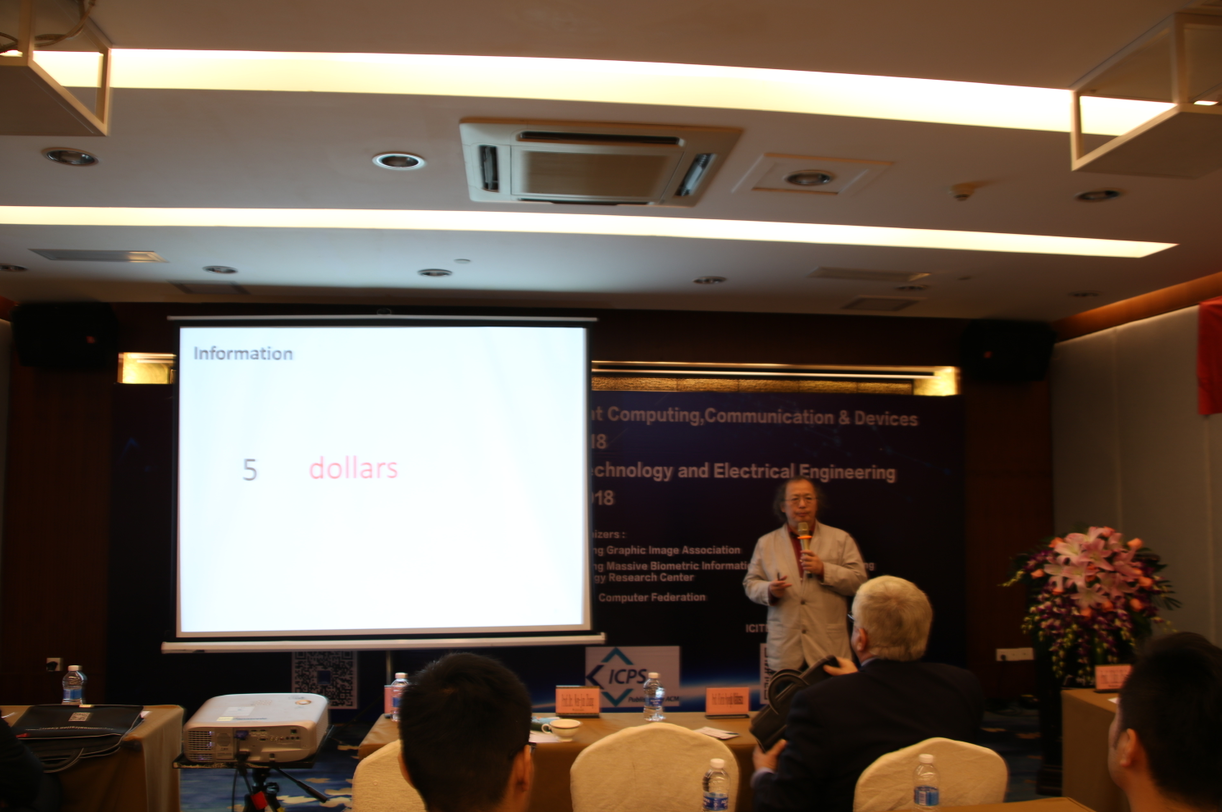
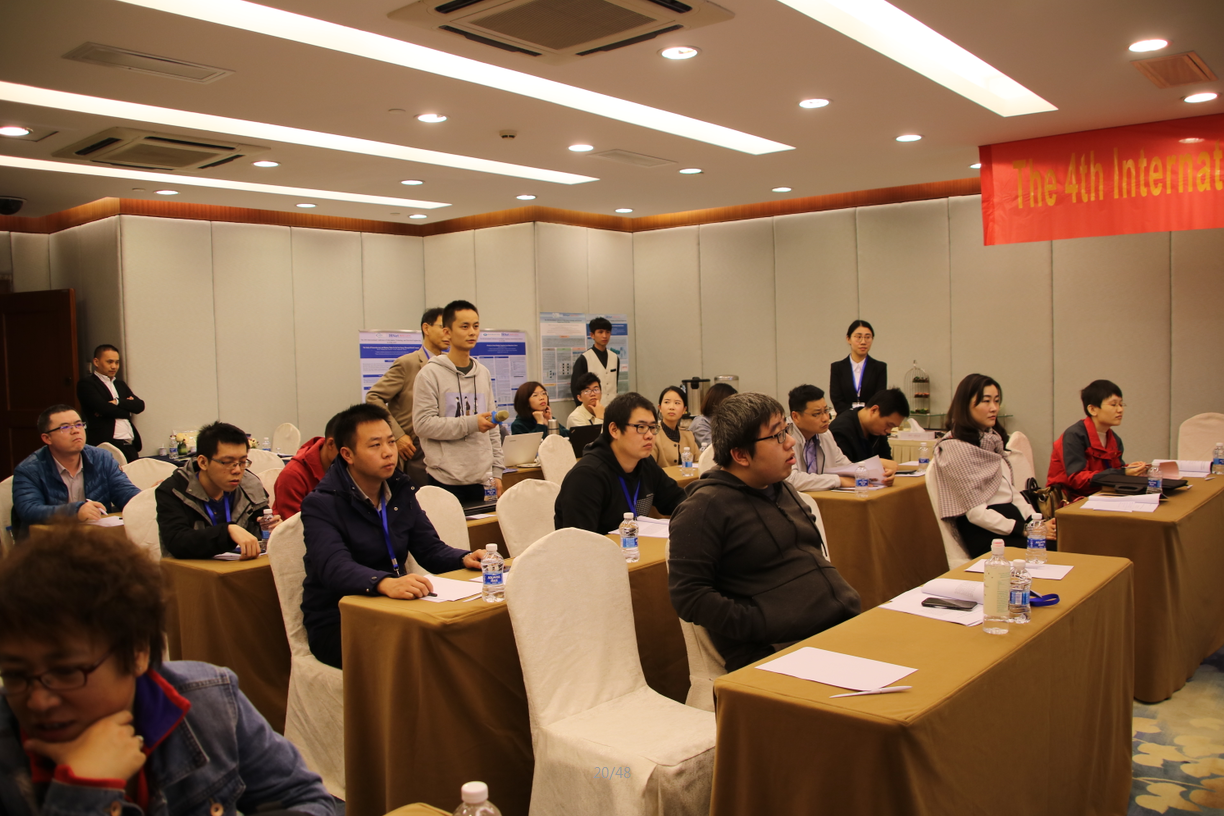
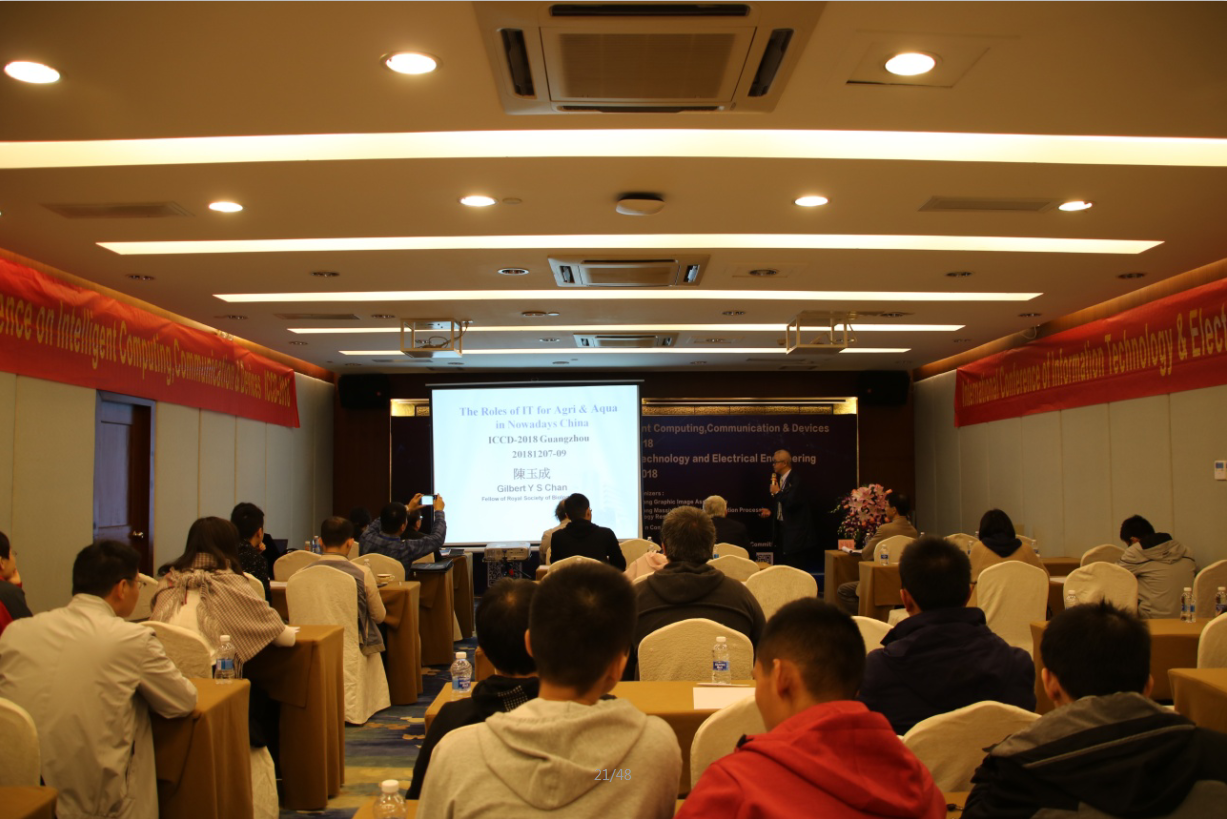
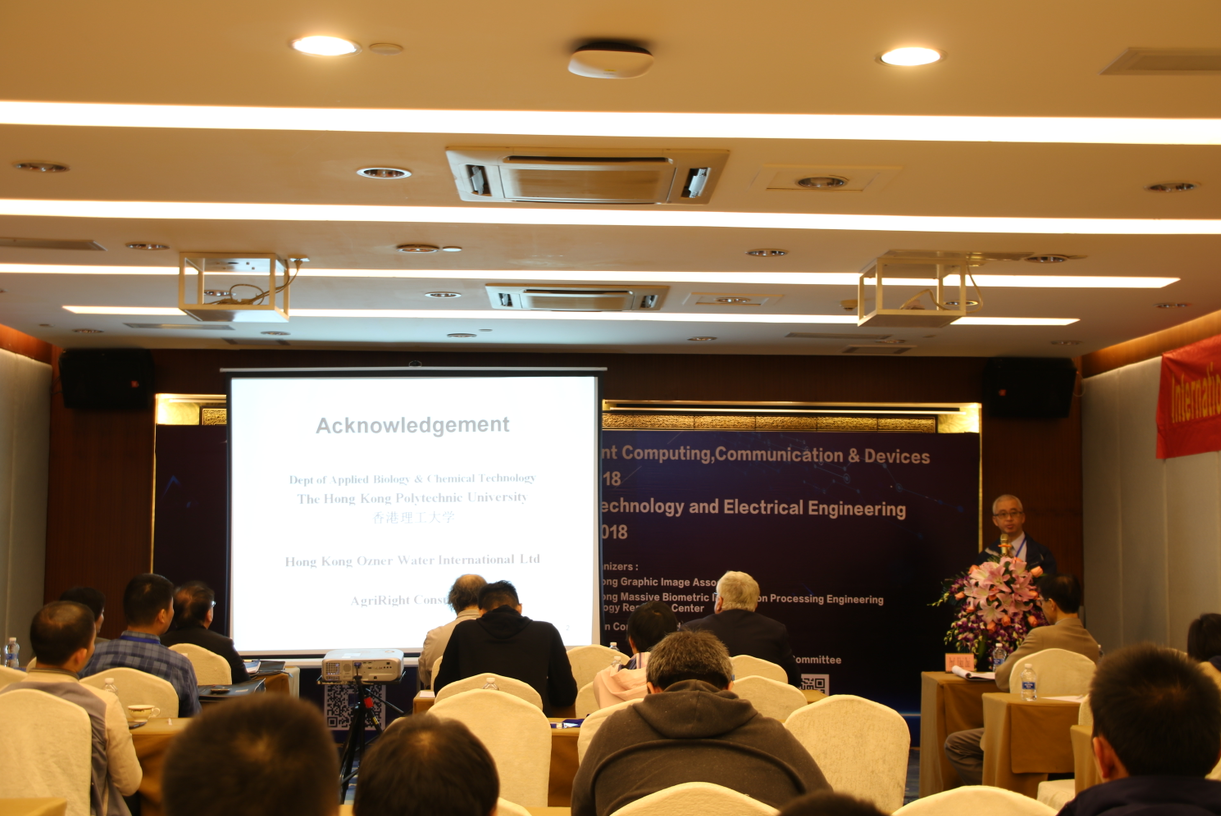
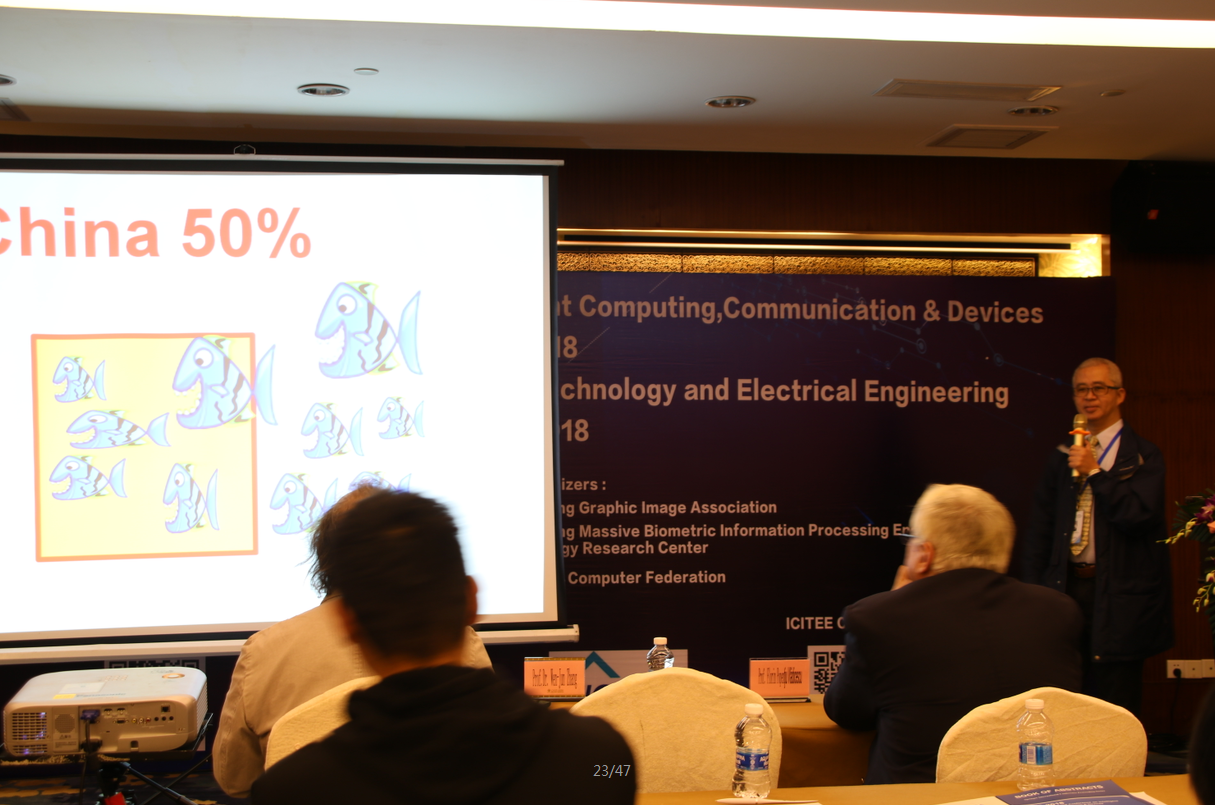
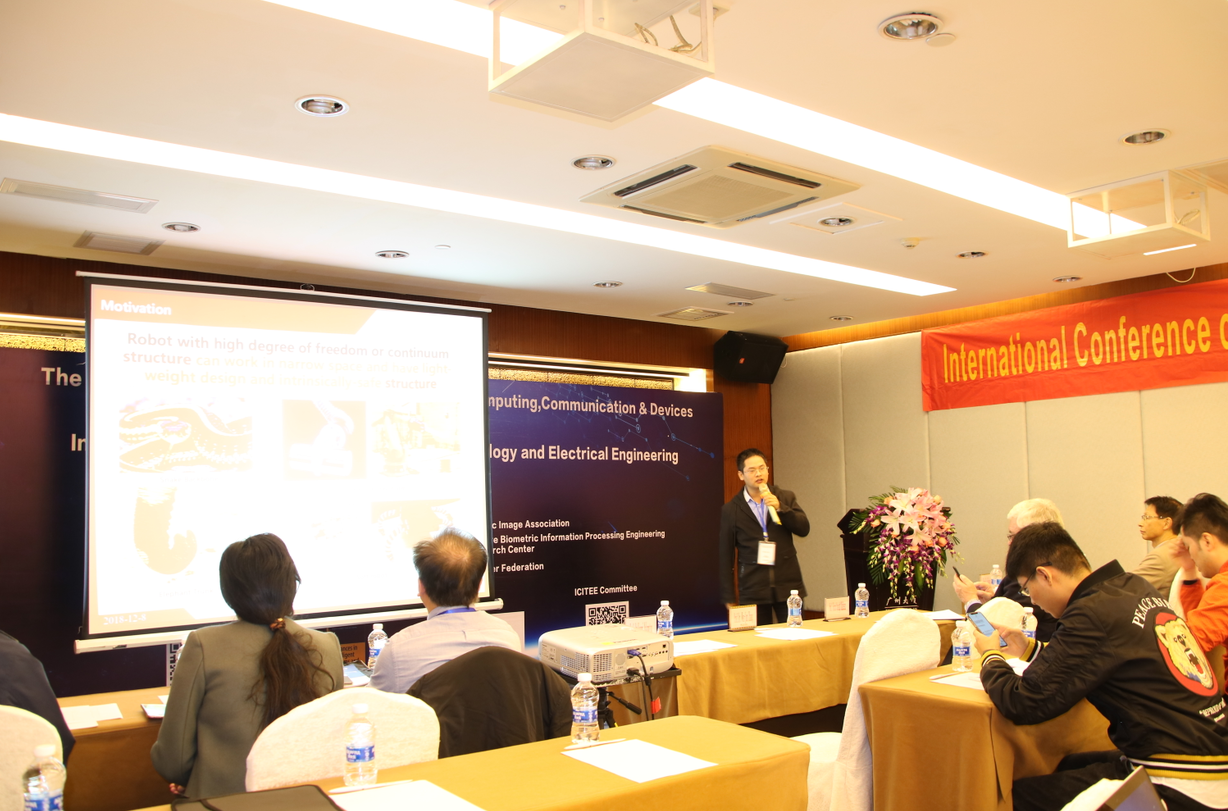
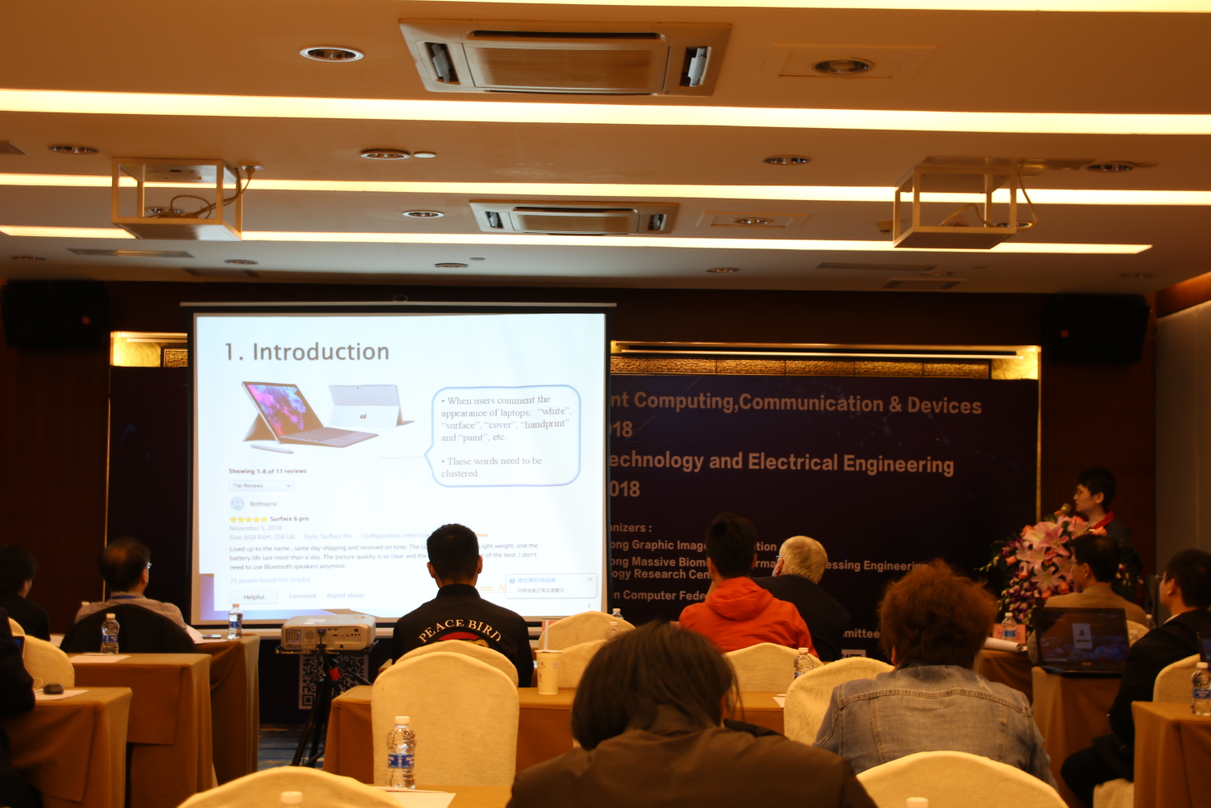
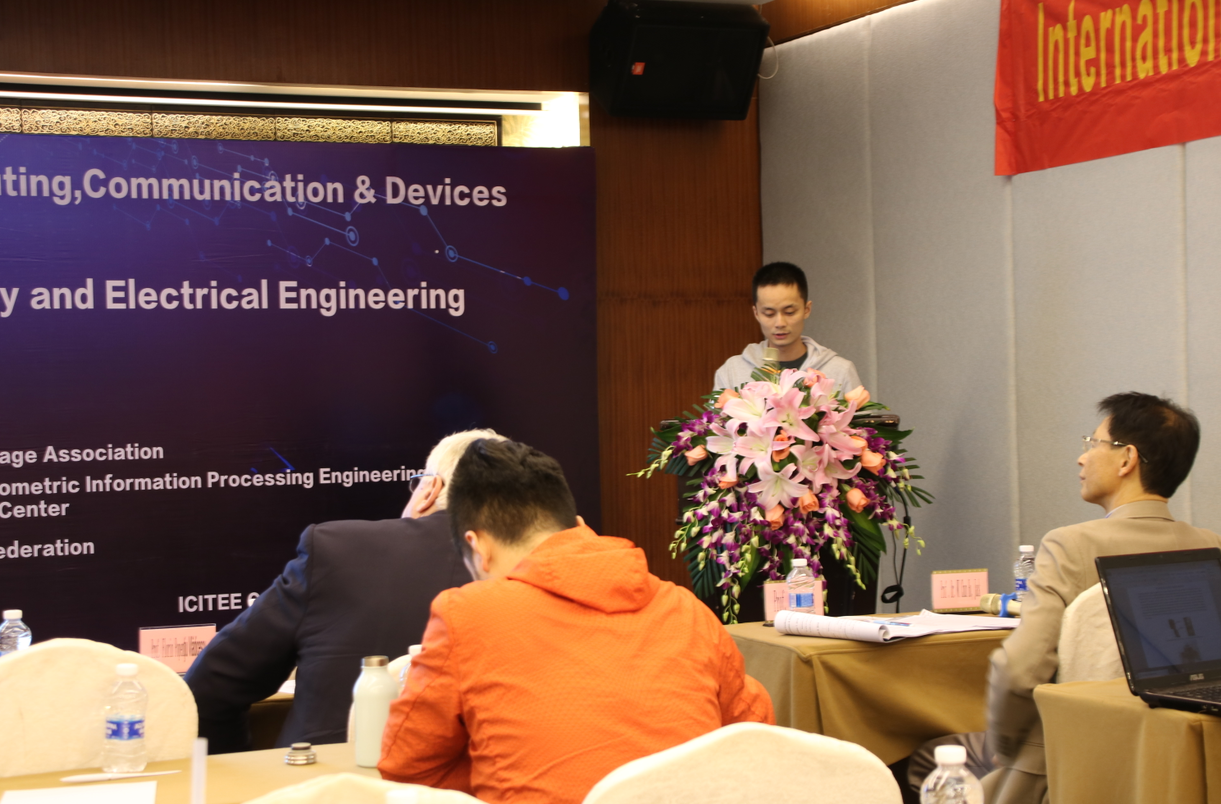
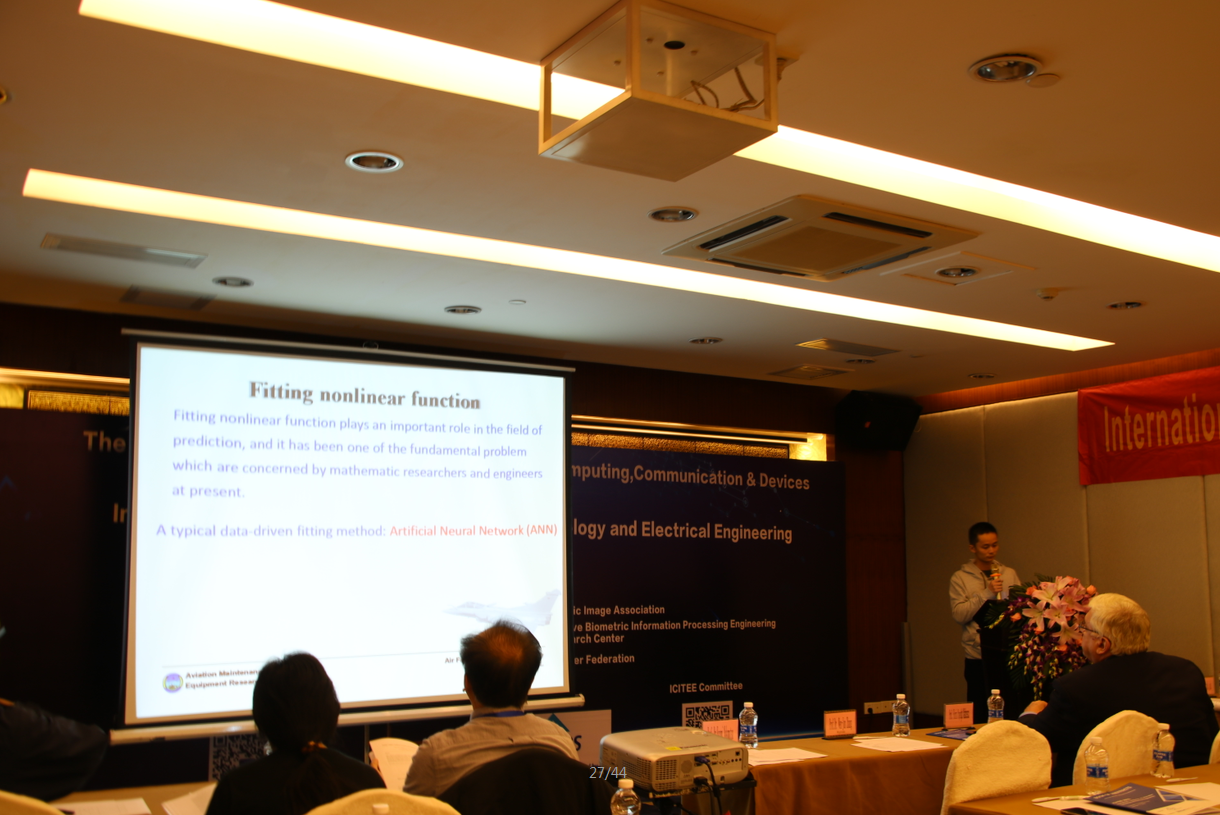
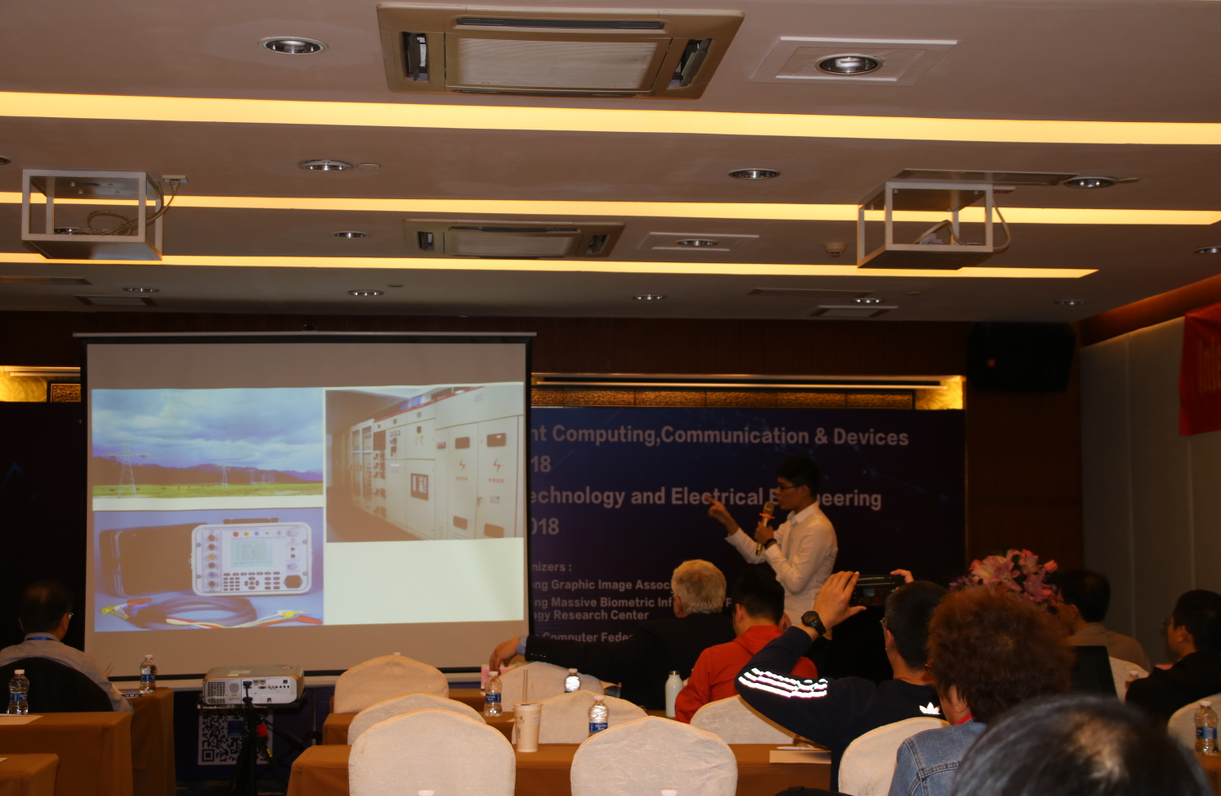
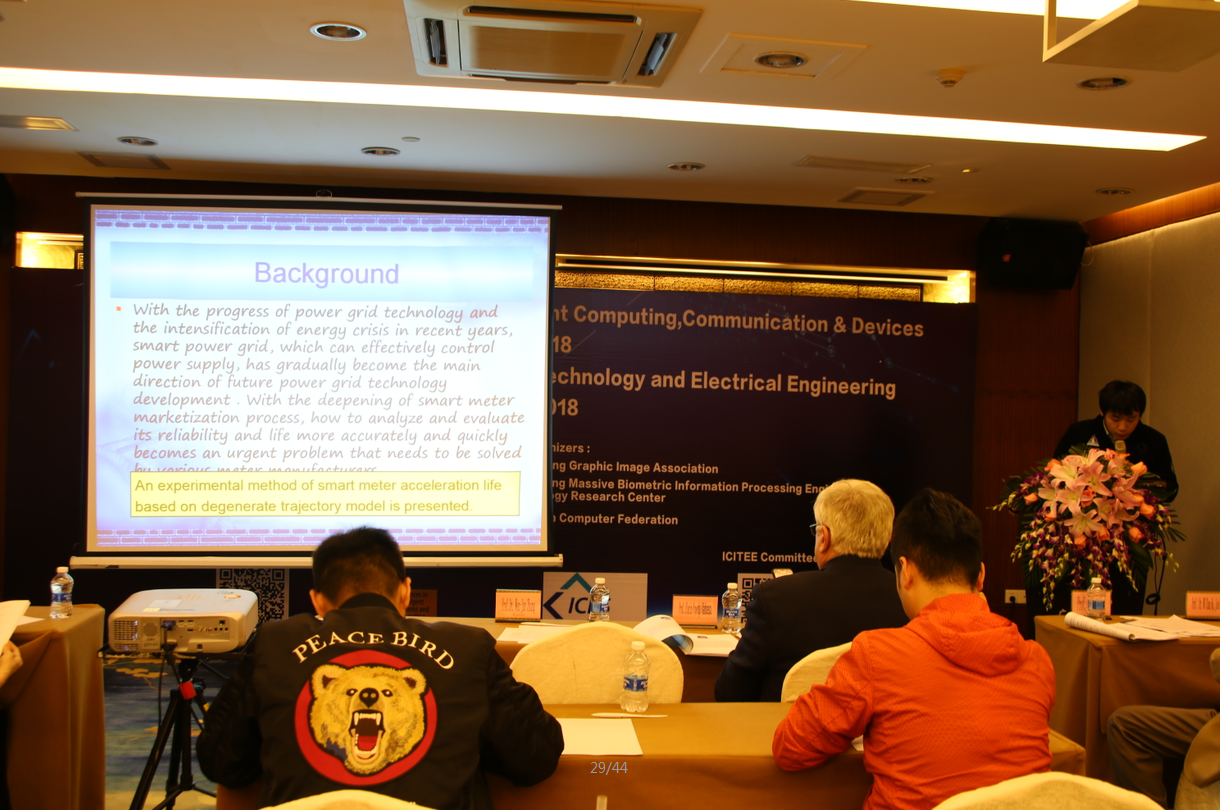
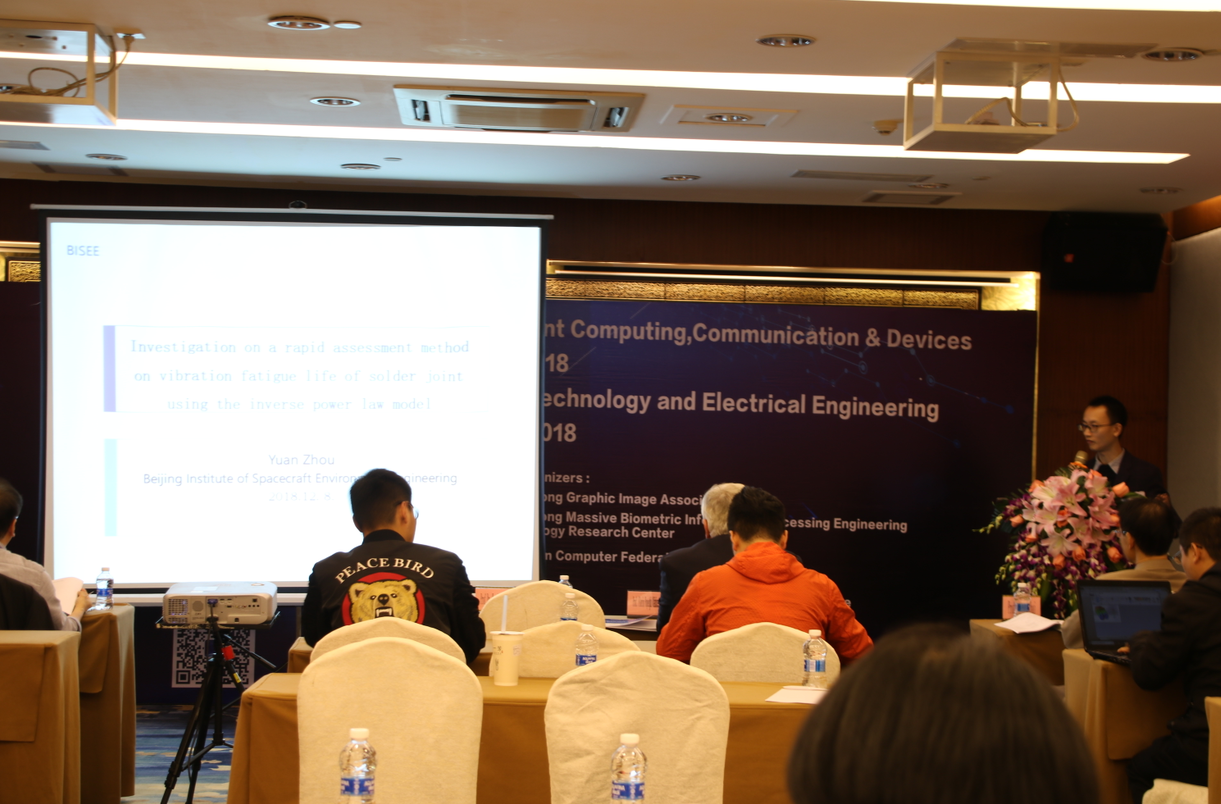
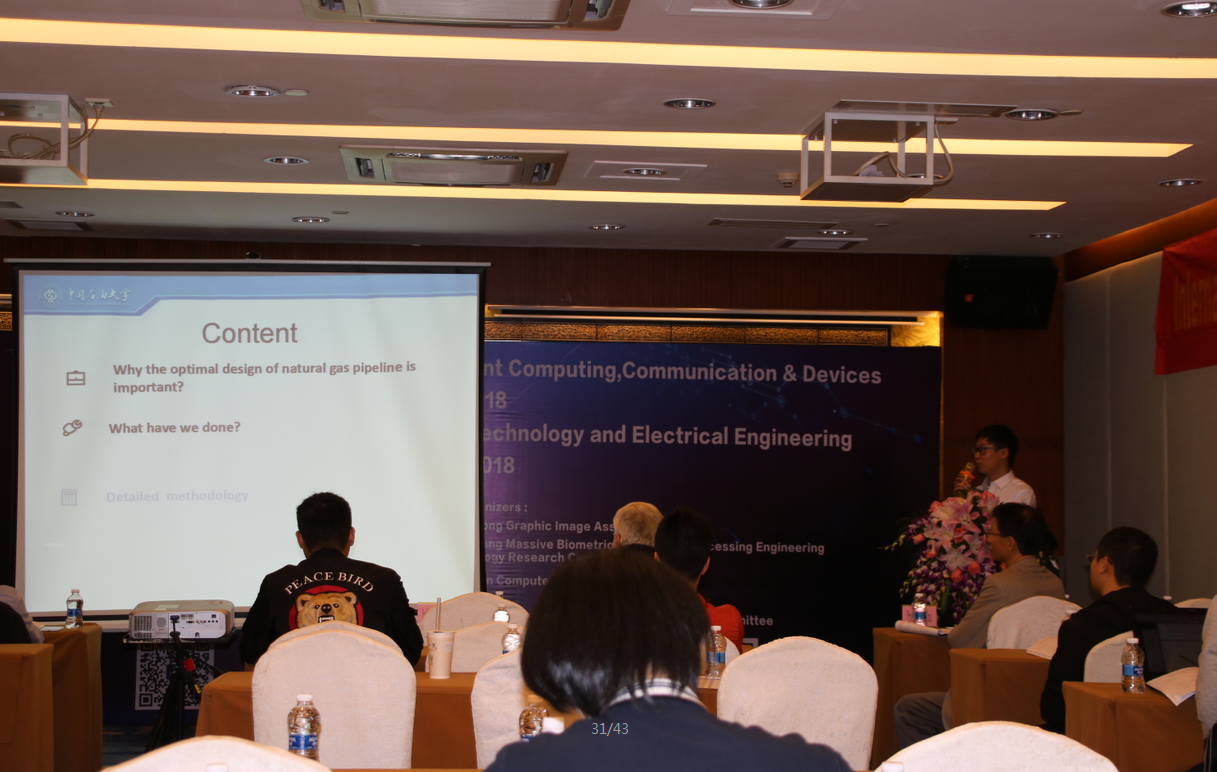
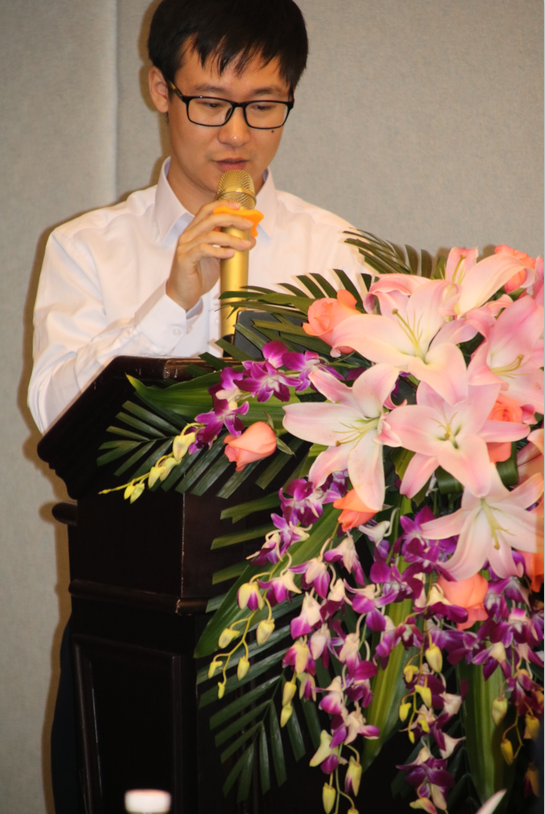
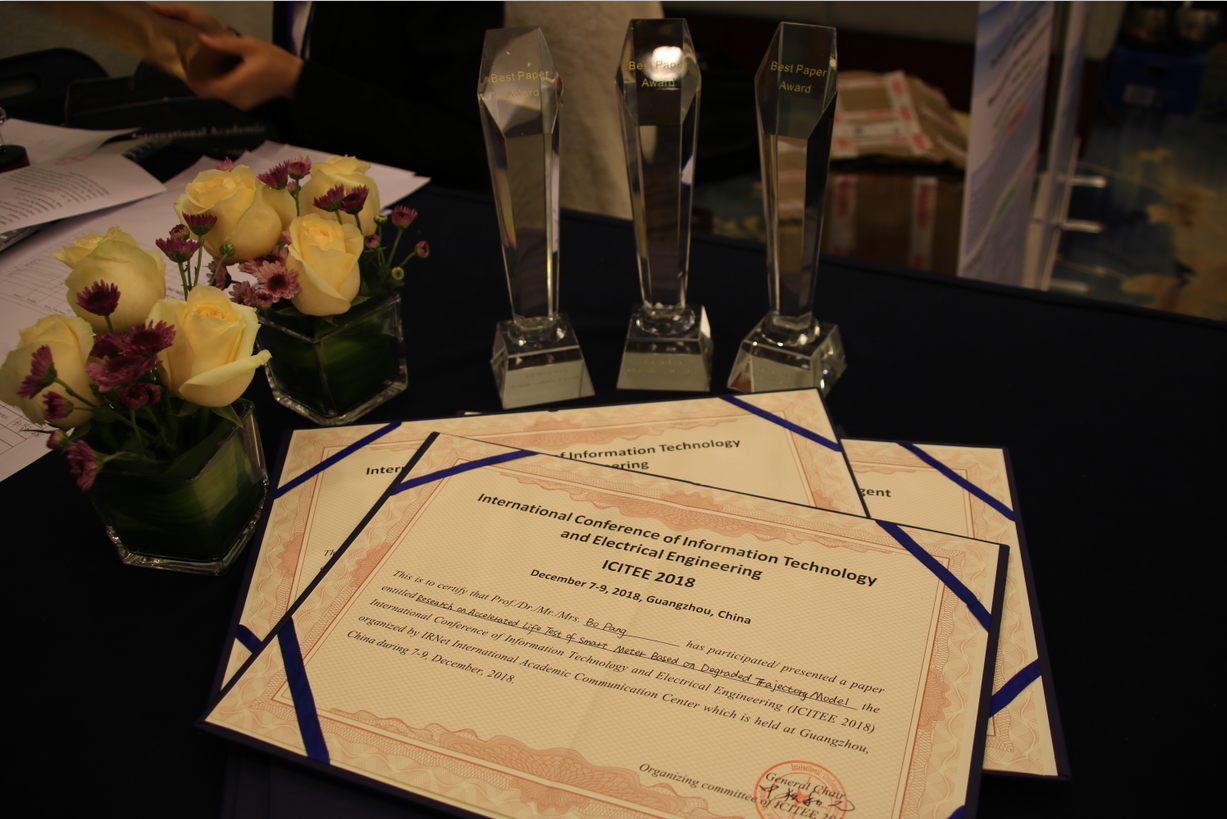
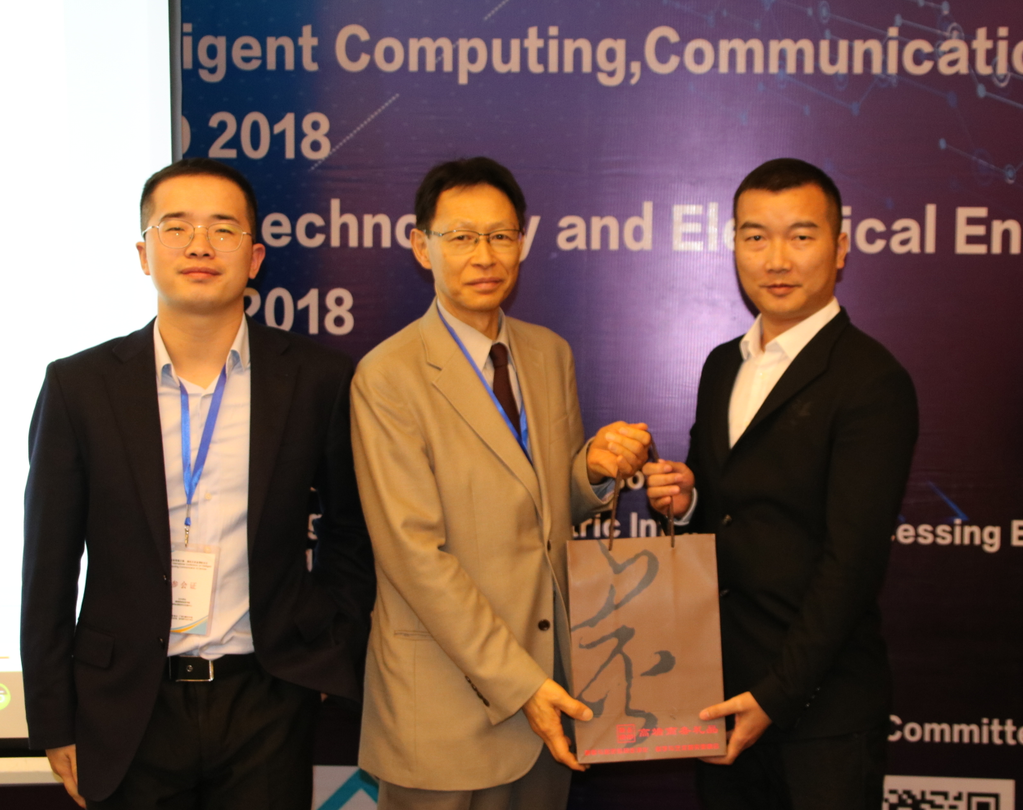
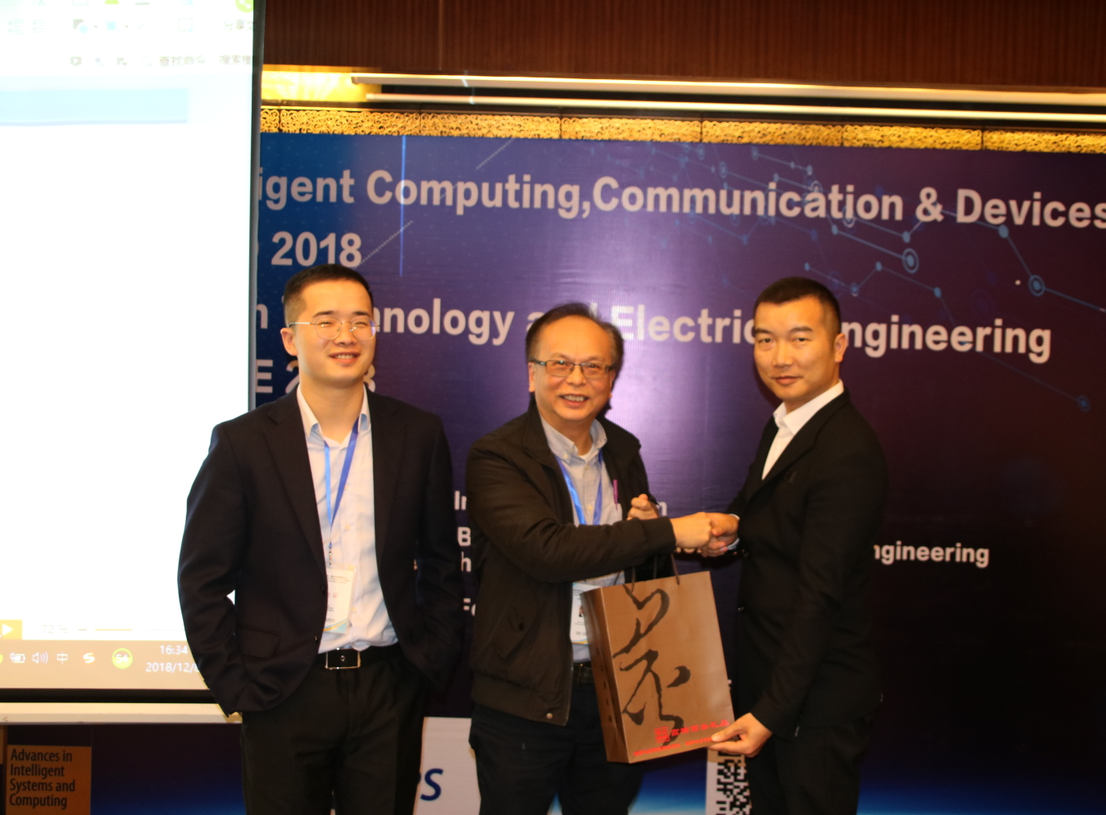
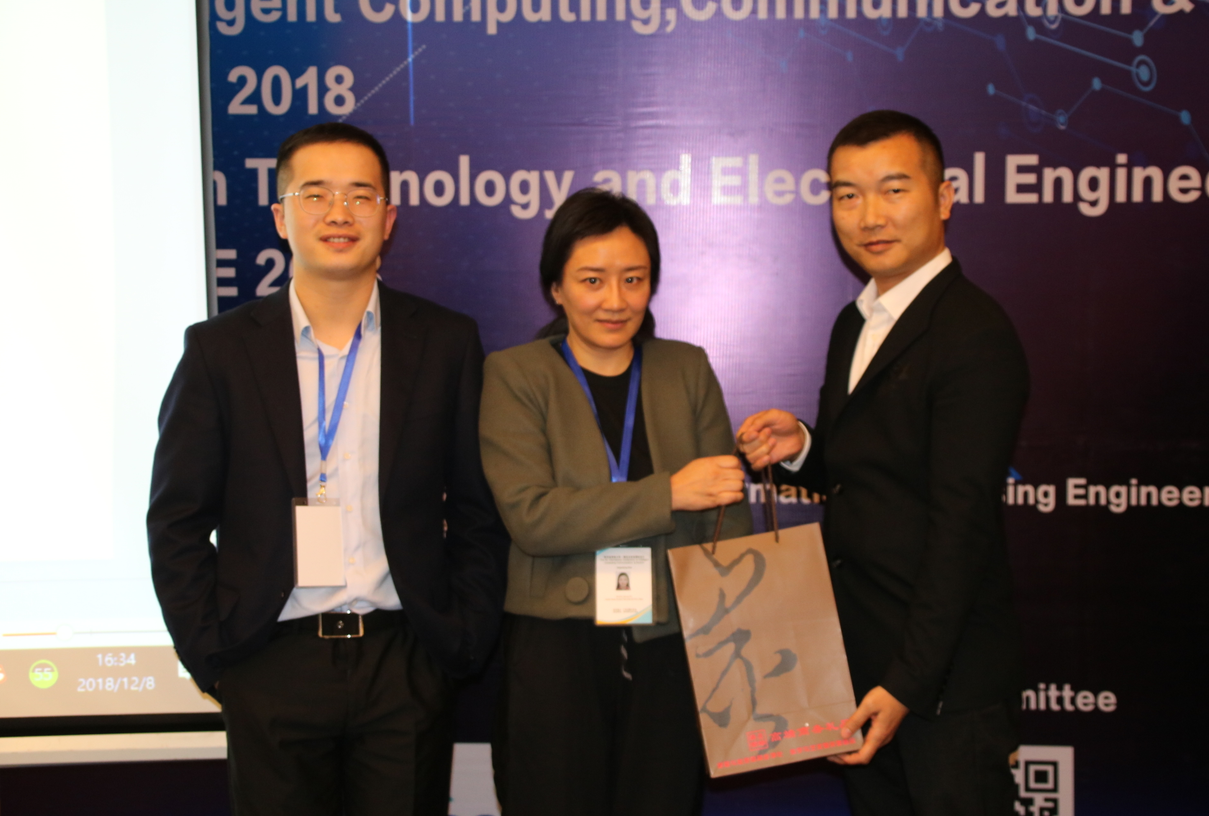
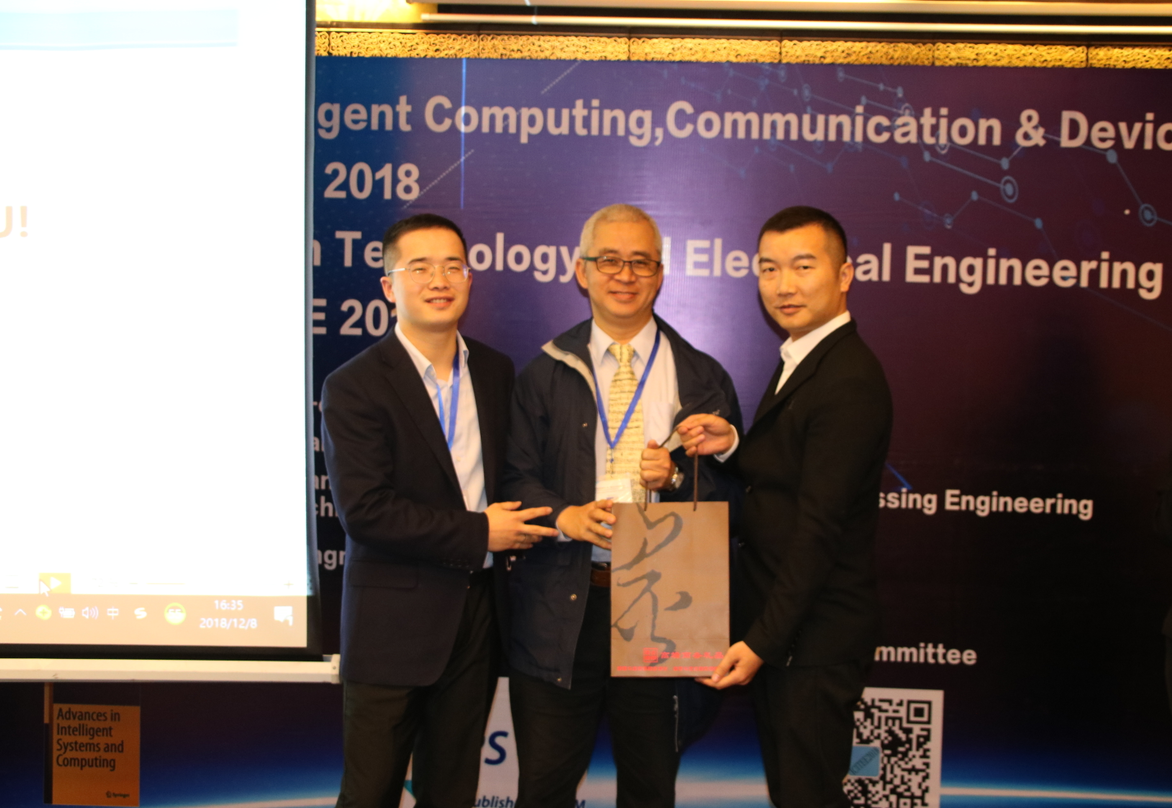
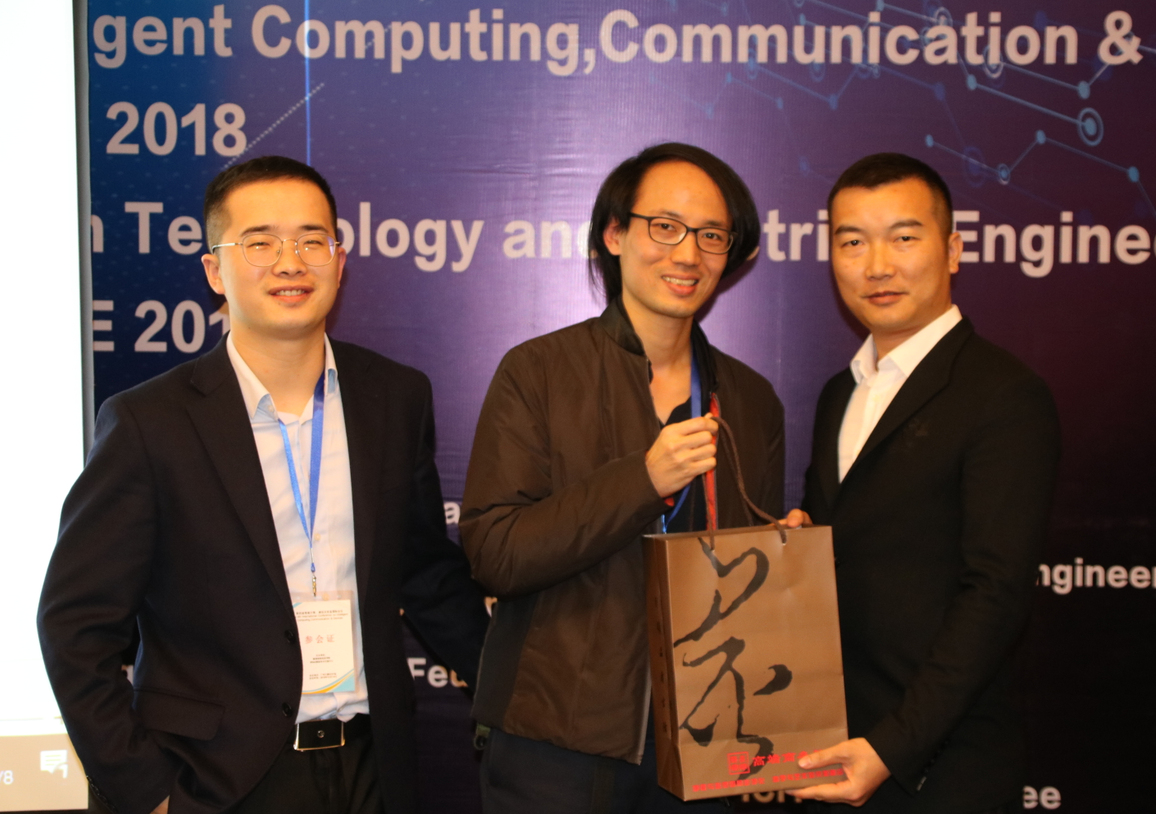
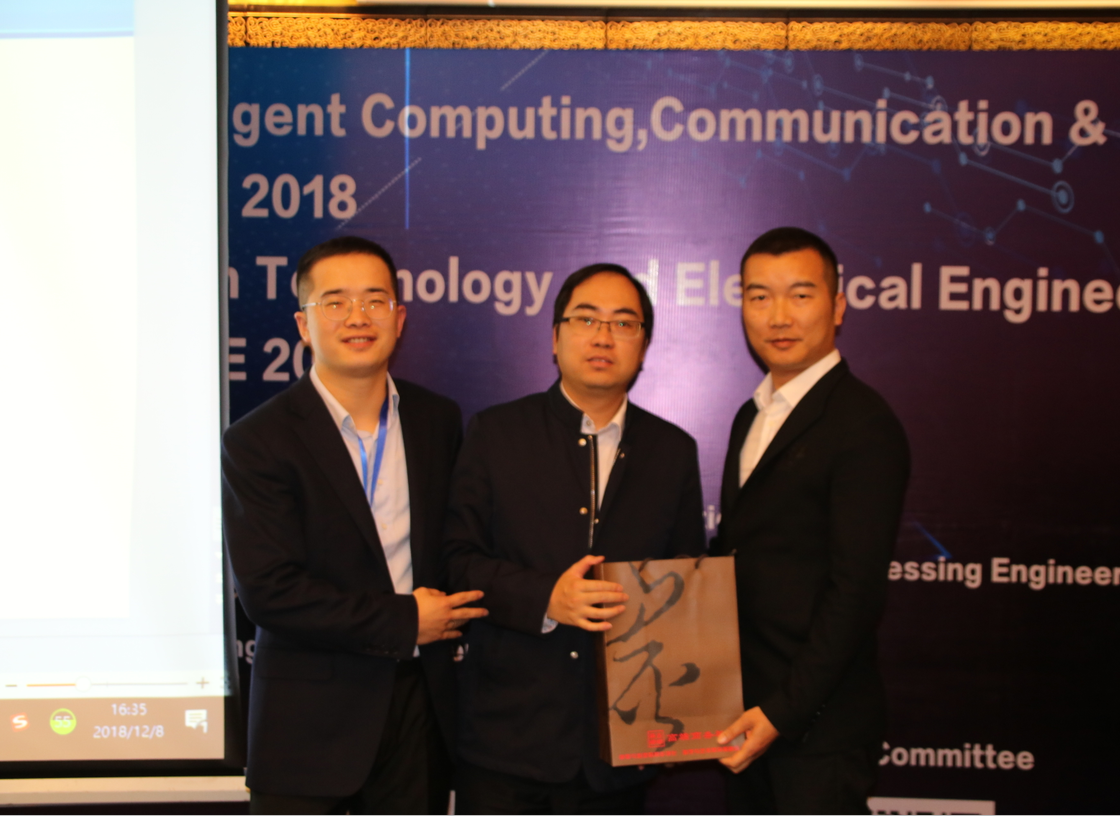
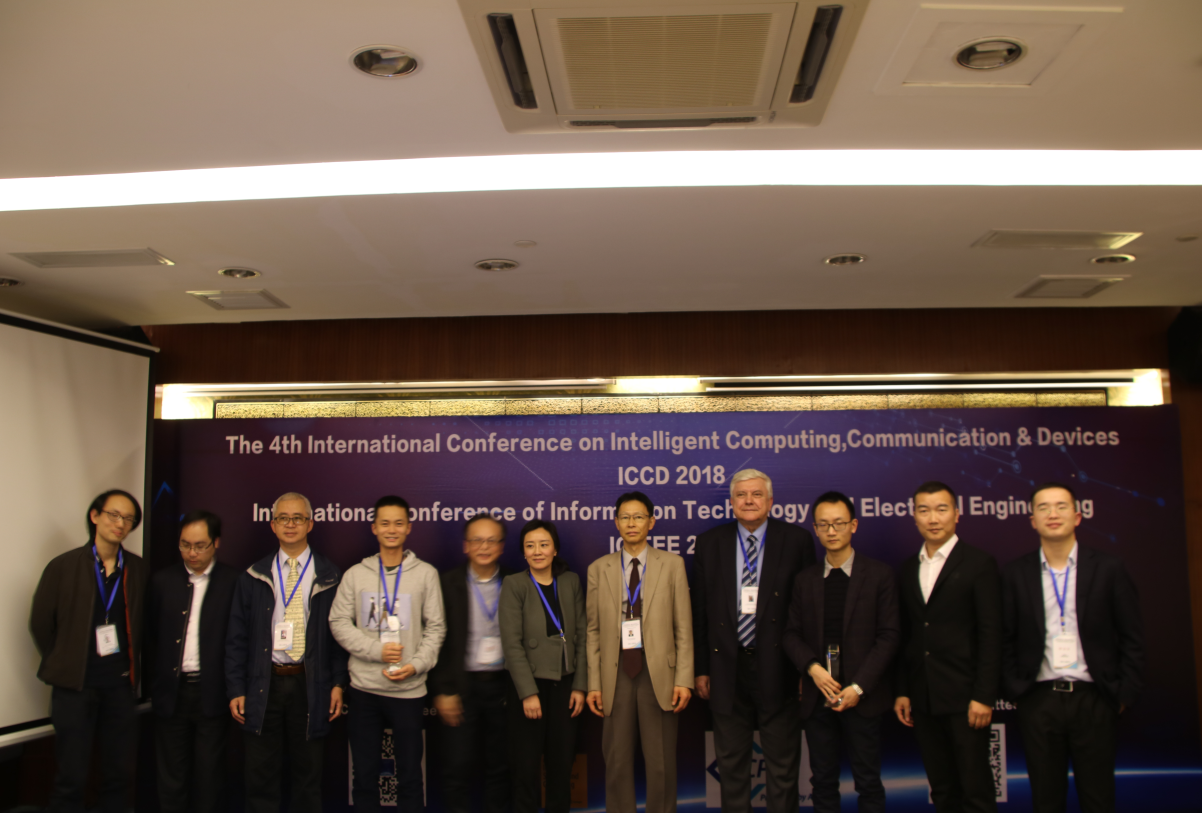
 ICITEE 2020
ICITEE 2020
